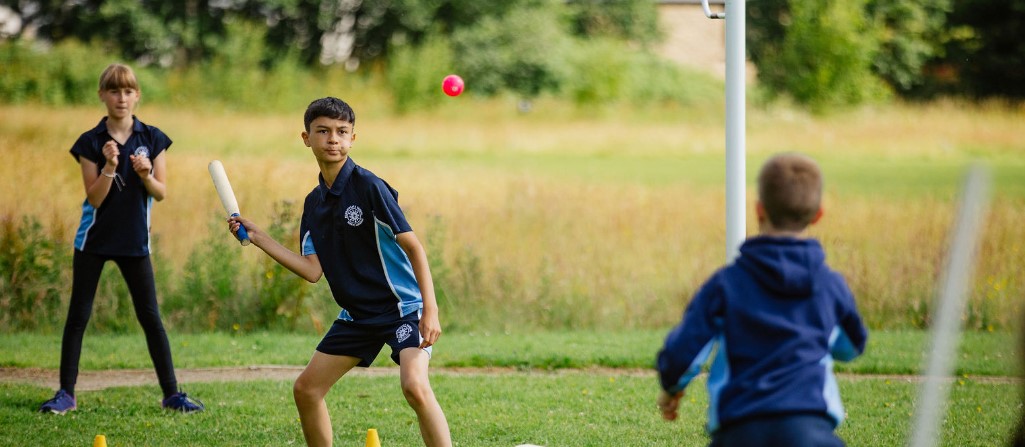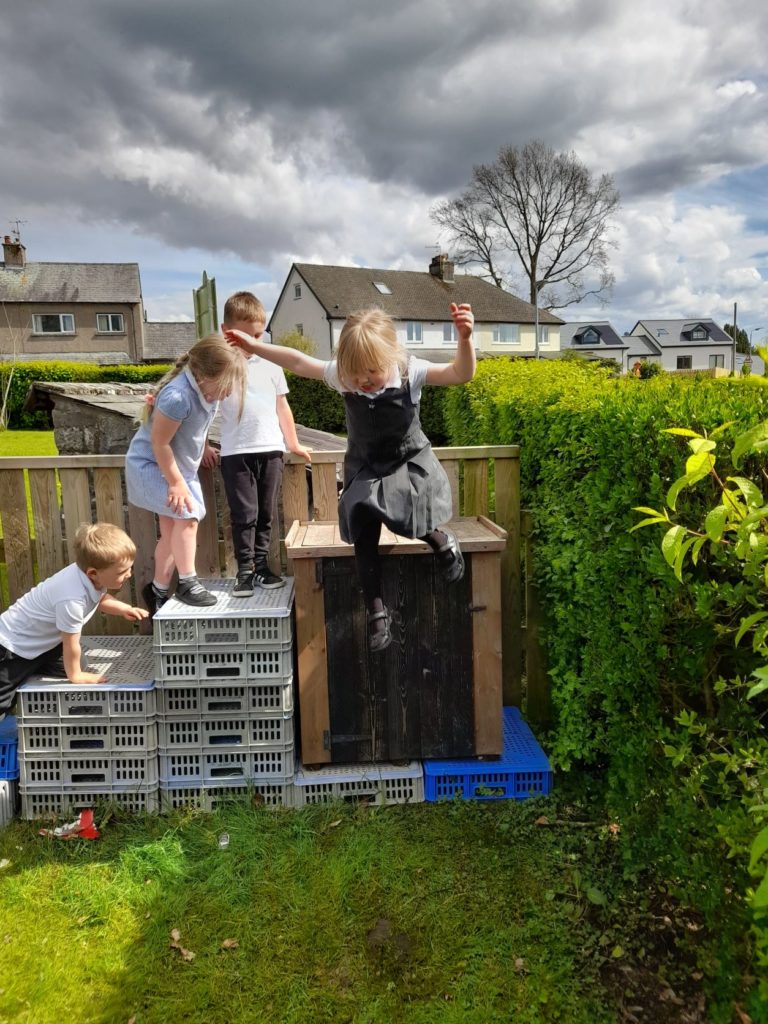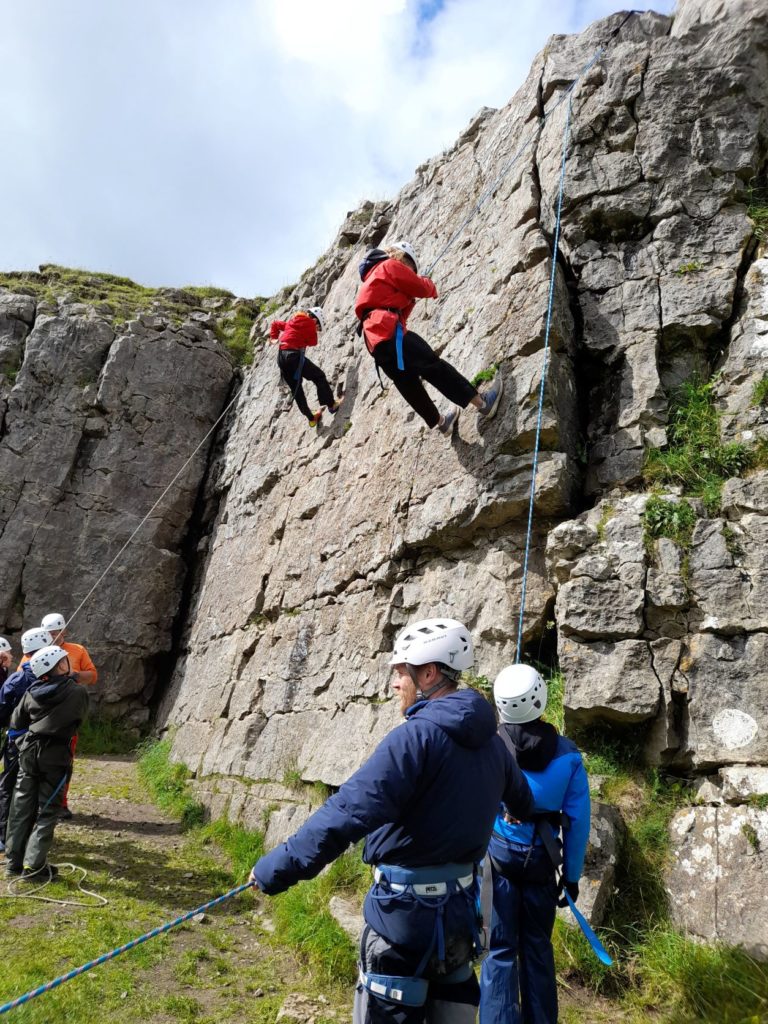Get-Set-4-PE-Curriculum-Map https://www.stmarys-kl.cumbria.sch.uk/wp-content/uploads/2021/10/Get-Set-4-PE-Curriculum-Map.pdf
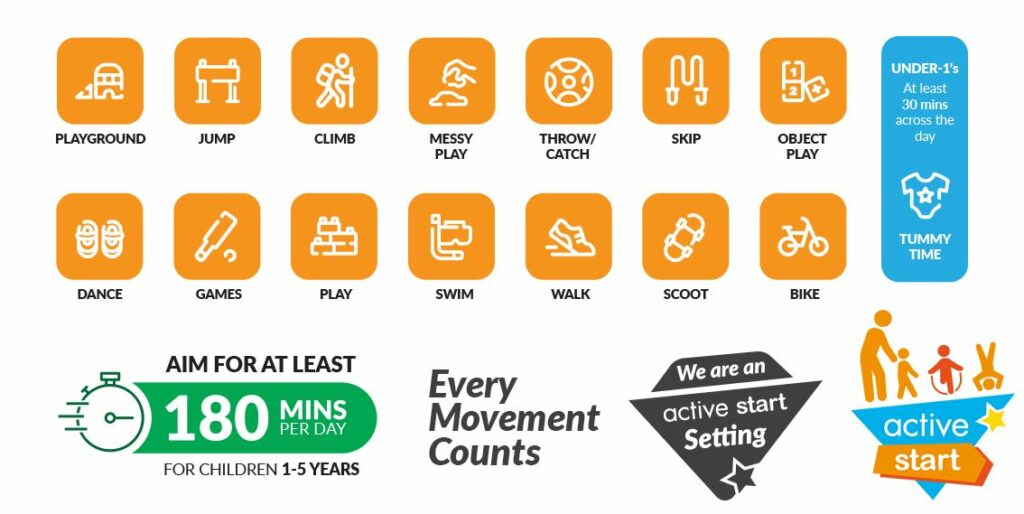
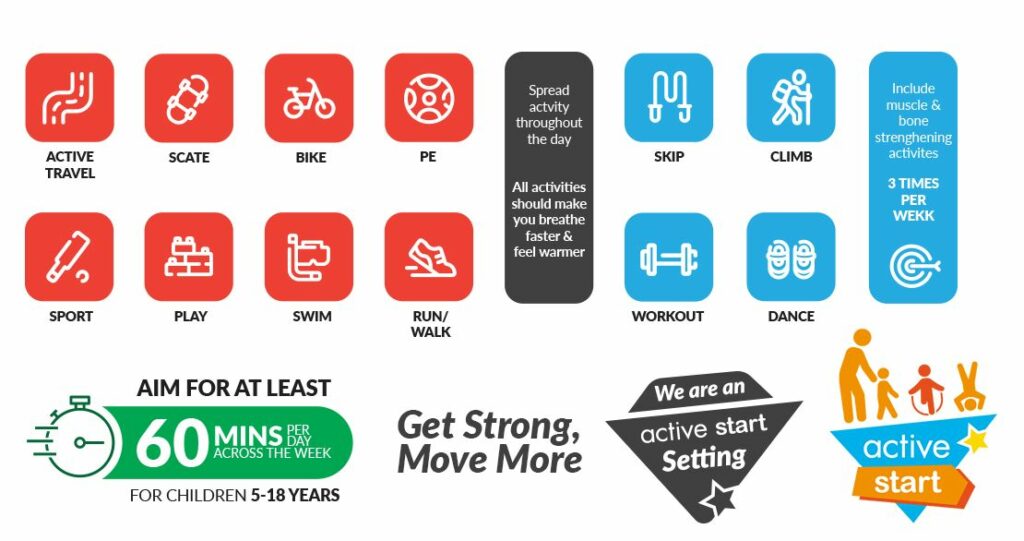
Our Amazing Physical Education Curriculum
What does our community think? -Parent and Pupil Voice
It is important that we understand what we are doing well and what we can improve. We actively encourage parents to complete an annual Physical and Mental Well Being Questionnaire which helps us develop and evaluate our curriculum. Each year we ask parents to complete the KOBOCA Questionnaire:
PE Overview
Our curriculum is designed so that children are taught a variety of activities throughout their key stage and there is a progression journey through all of these.
Each area of PE also has a progression ladder which shows progression from EYFS to Year 6. Children deepen their understanding of PE, year on year, by being introduced to specific vocabulary which is also mapped on a vocabulary pyramid for each area.
Children have the opportunity to take part in extra-curricular activities and demonstrate their new skills in intra and inter sports competitions. All children also have the opportunity in the summer term to take part in a sports day. Children will become confident within the different strands of PE and show resilience when tackling new skills.
We help motivate children to participate in a variety of sports through quality teaching that is engaging and fun. From our lessons, our children learn to take responsibility for their own health and fitness, many of whom also enjoy the success of competitive sports. We equip our children with the necessary skills and a love for sport and the great outdoors. They will hopefully grow up to live happy and healthy lives utilising the skills and knowledge acquired through PE.
Purpose of study
A high-quality physical education curriculum inspires all pupils to succeed and excel in competitive sport and other physically-demanding activities. It should provide opportunities for pupils to become physically confident in a way which supports their health and fitness. Opportunities to compete in sport and other activities build character and help to embed values such as fairness and respect.
Aims
The national curriculum for physical education aims to ensure that all pupils:
- develop competence to excel in a broad range of physical activities
- are physically active for sustained periods of time
- engage in competitive sports and activities
- lead healthy, active lives.
Attainment targets
By the end of each key stage, pupils are expected to know, apply and understand the matters, skills and processes specified in the relevant programme of study.
Subject content
EYFS:
The new framework continues to identify Physical Skills as one of the Prime Areas of Development; the areas are divided into fine and gross motor skills. Our practice is guided by the four key themes within the framework – a Unique Child, Positive Relationships, Enabling Environments, and Learning and Development – backed up by careful observation.
“Understanding how children’s bodies and brains are interlinked helps us know what to look for and to recognise what they need from us in response. Children are not just learning to move, they are ‘moving to learn’ and need movement play integrated into everyday learning experiences.” (Anne O’Connor, Nursery World, 2nd March 2021)
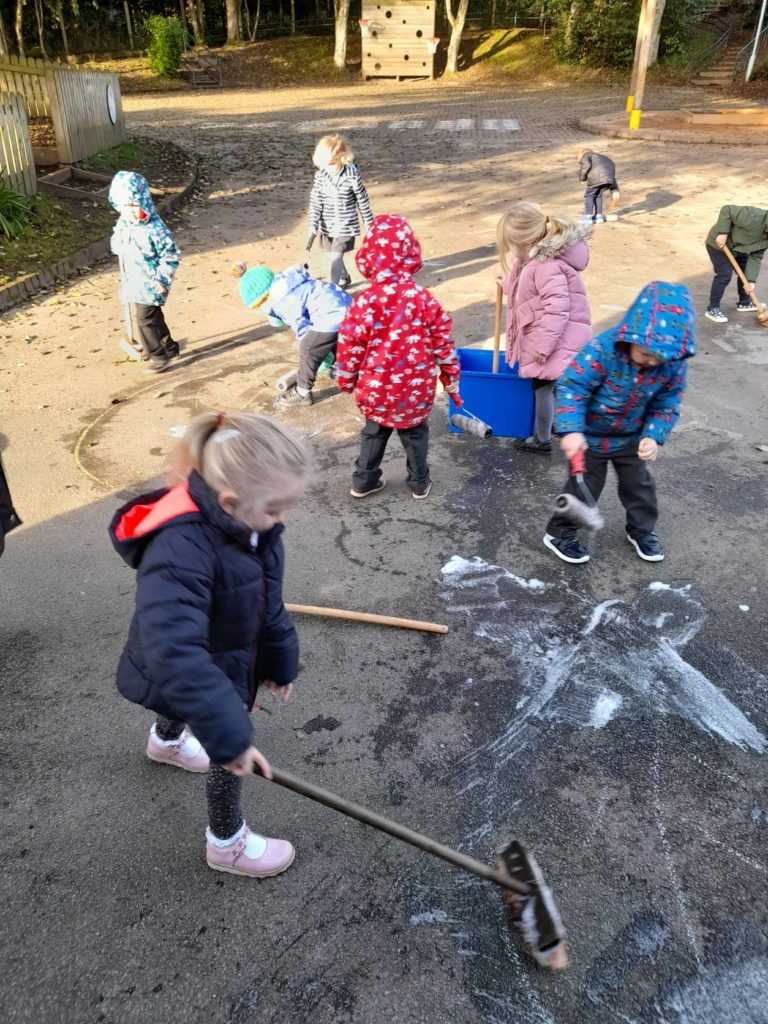
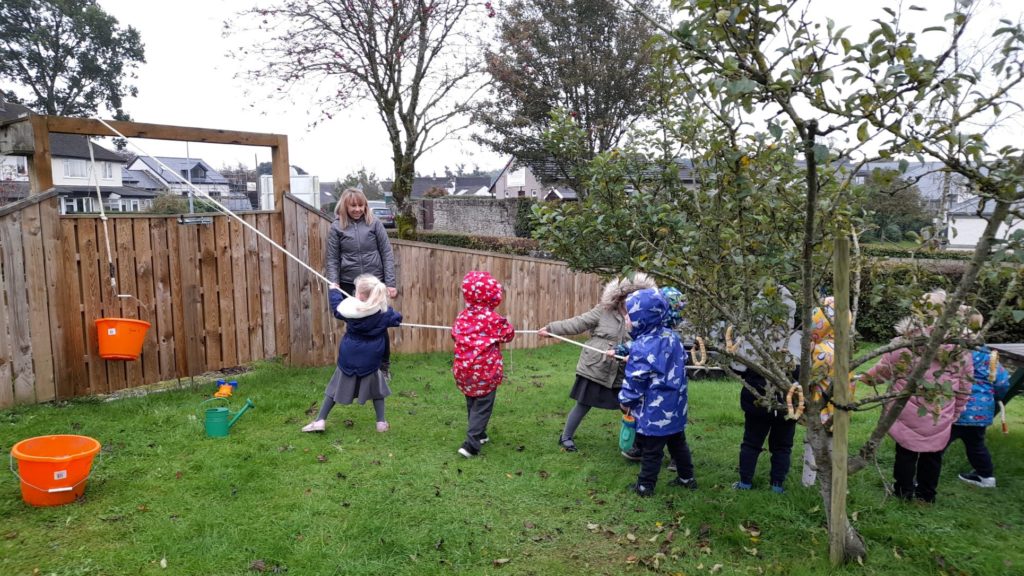
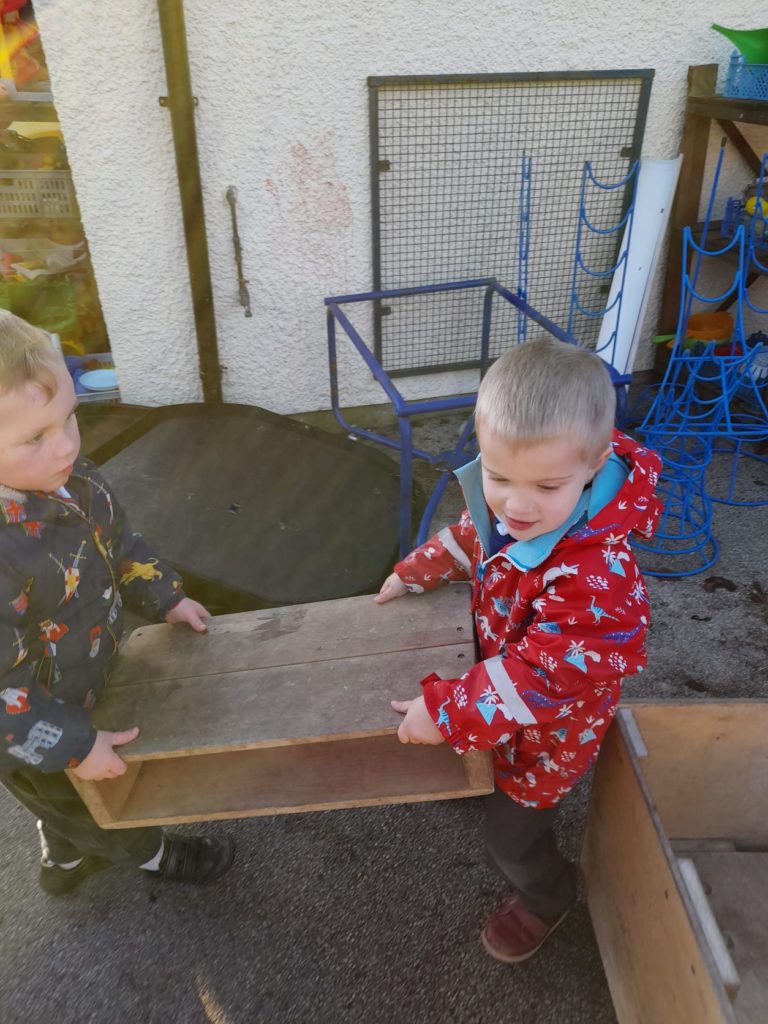
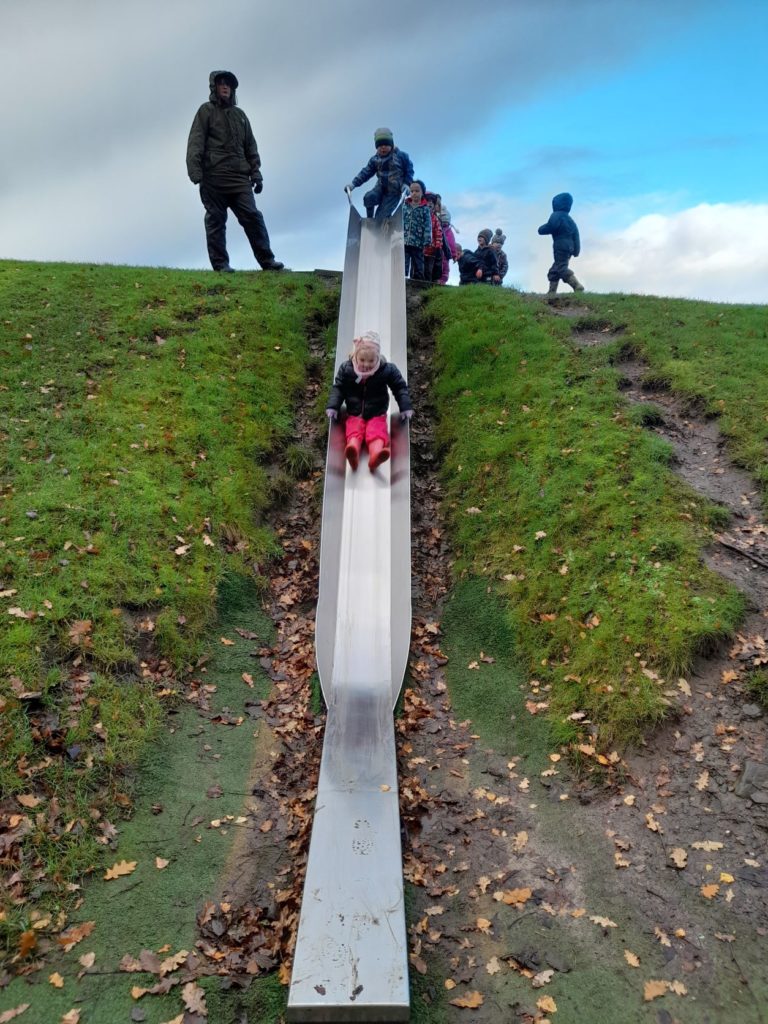
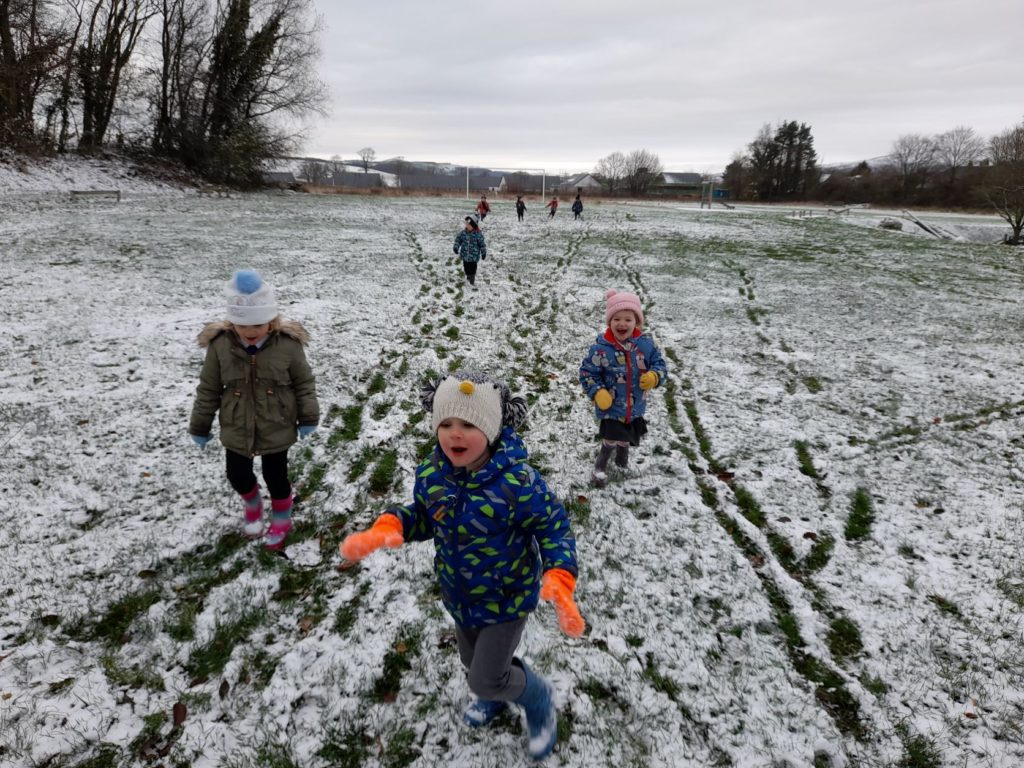
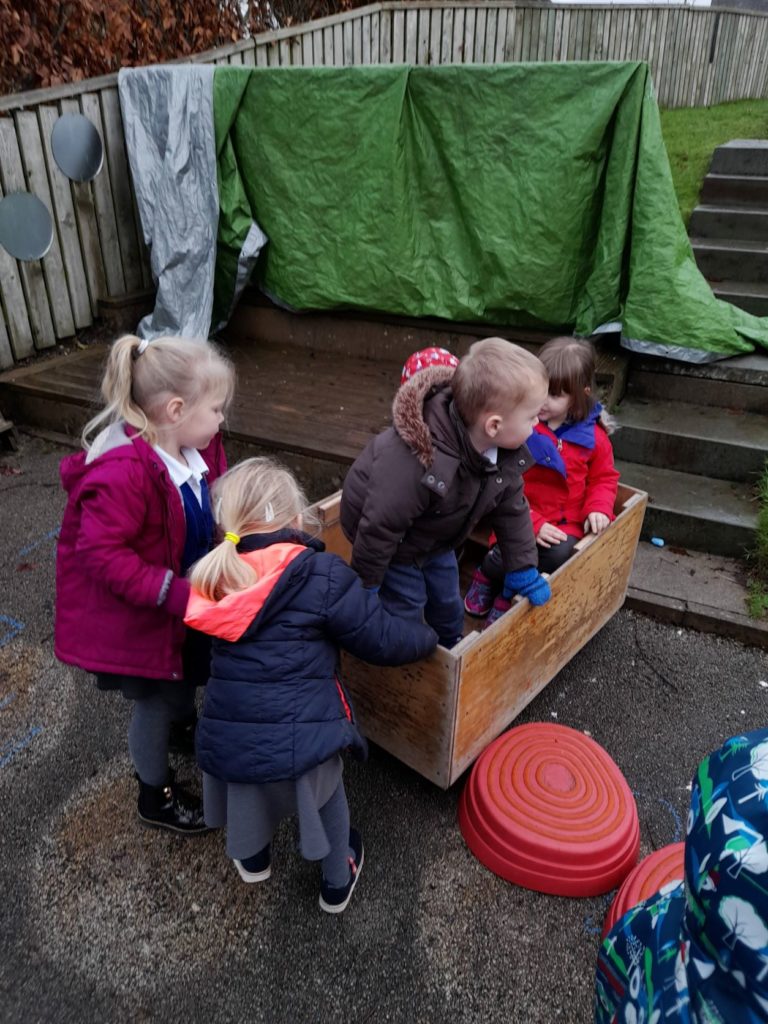
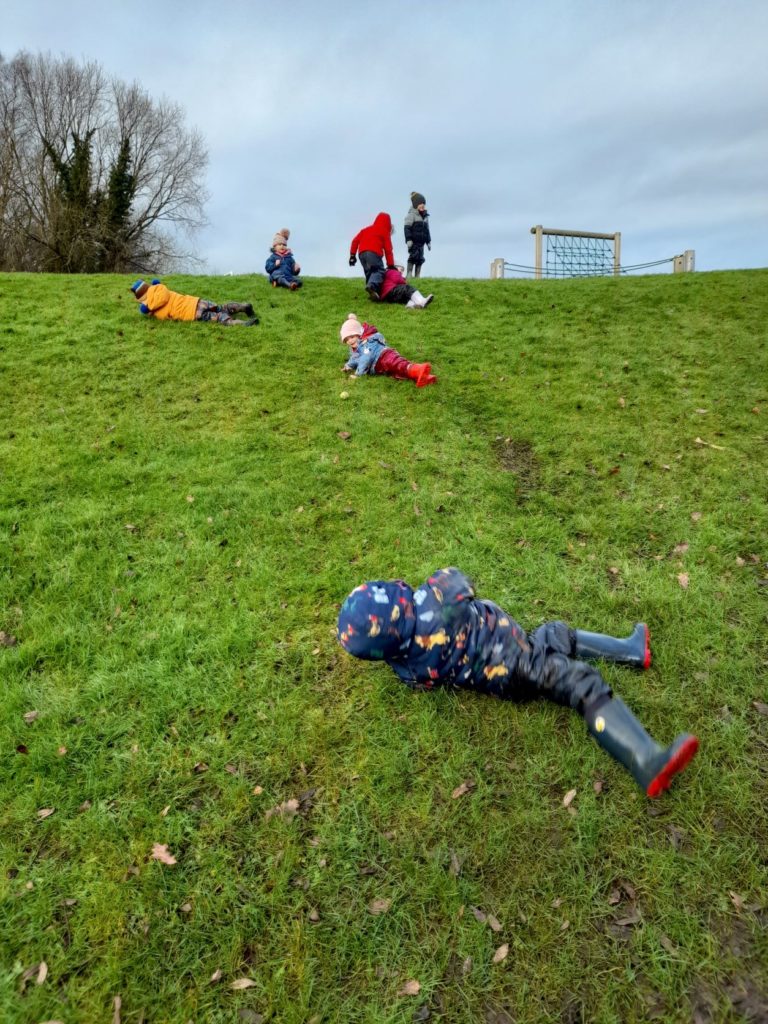
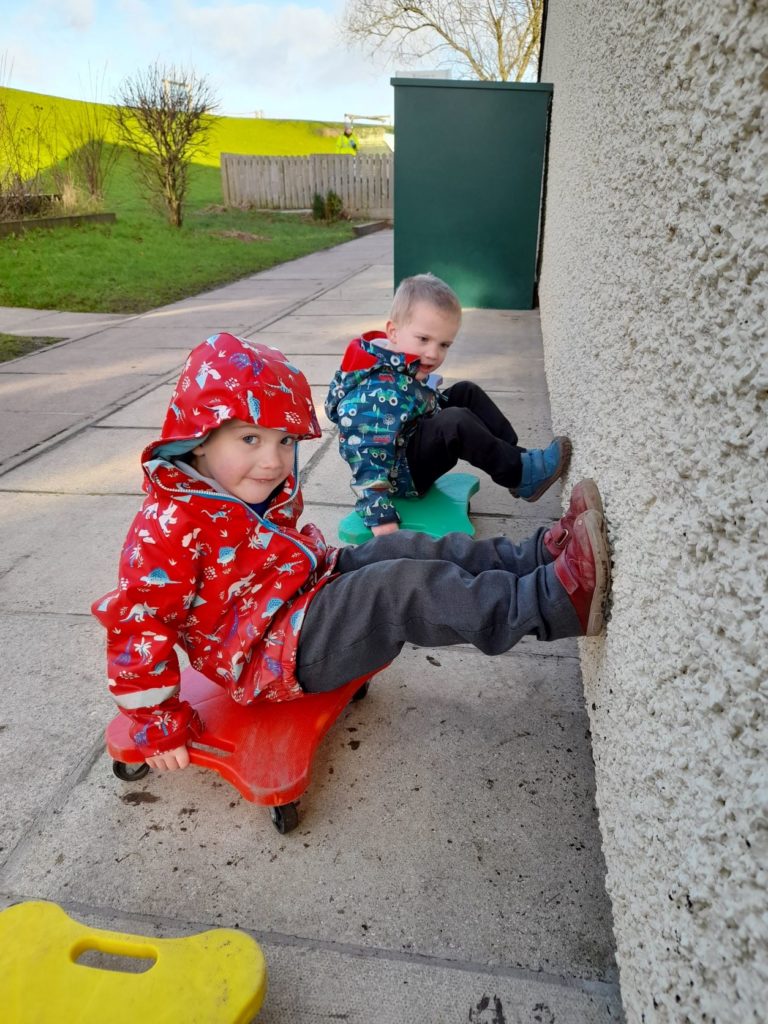
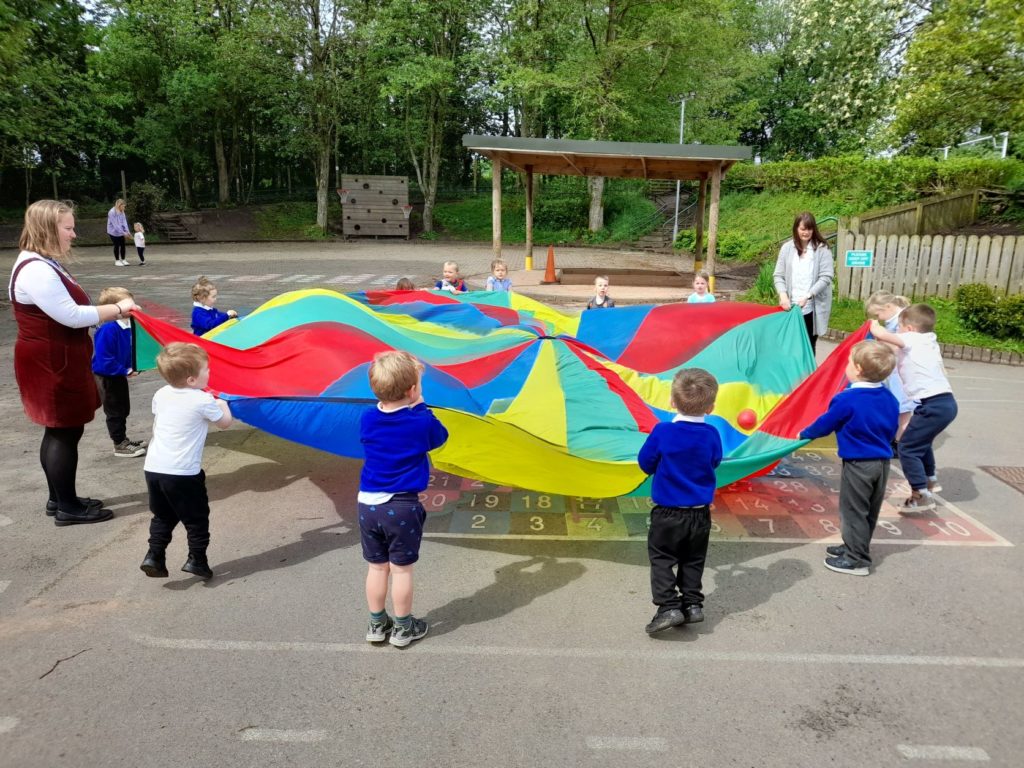
Key stage 1:
Pupils should develop fundamental movement skills, become increasingly competent and confident and access a broad range of opportunities to extend their agility, balance and coordination, individually and with others. They should be able to engage in competitive (both against self and against others) and co-operative physical activities, in a range of increasingly challenging situations.
Pupils should be taught to:
- master basic movements including running, jumping, throwing and catching, as well as developing balance, agility and co-ordination, and begin to apply these in a range of activities
- participate in team games, developing simple tactics for attacking and defending
- perform dances using simple movement patterns.
Key stage 2:
Pupils should continue to apply and develop a broader range of skills, learning how to use them in different ways and to link them to make actions and sequences of movement. They should enjoy communicating, collaborating and competing with each other. They should develop an understanding of how to improve in different physical activities and sports and learn how to evaluate and recognise their own success.
Pupils should be taught to:
- use running, jumping, throwing and catching in isolation and in combination
- play competitive games, modified where appropriate [for example, badminton, basketball, cricket, football, hockey, netball, rounders and tennis], and apply basic principles suitable for attacking and defending
- develop flexibility, strength, technique, control and balance [for example, through athletics and gymnastics]
- perform dances using a range of movement patterns
- take part in outdoor and adventurous activity challenges both individually and within a team
- compare their performances with previous ones and demonstrate improvement to achieve their personal best.
Swimming and water safety
All schools must provide swimming instruction either in key stage 1 or key stage 2.
In particular, pupils should be taught to:
- swim competently, confidently and proficiently over a distance of at least 25 metres
- use a range of strokes effectively [for example, front crawl, backstroke and breaststroke]
- perform safe self-rescue in different water-based situations
Our St Mary’s Sporting Calendar
We place great value in engaging the children in a wide range of sports and activities in addition to the timetabled P.E. lessons; these activities include sports competitions, inter-school events, development and coaching opportunities and extra-curricular provision.
In the Autumn Term
- Rugby Coaching and Competition – the KS2 children have the opportunity to experience Rugby coaching and take part in a competitive Rugby Festival at Casterton School.
- Cross Country – our children take part in Cross Country Events and virtually every year we manage to have children who transfer through to the National Competition. We support the children experiencing cross country by holding our own Ben Greenep Cross Country event where the whole school from YN-Y6 have the opportunity to run a cross country race.
- Inter-School House Events – the EYFS/KS1 children take part in a multi-skills event, Y3/4 dodgeball and Y5/6 netball.
- Reindeer Rush – the whole school support many charity events including the reindeer rush.
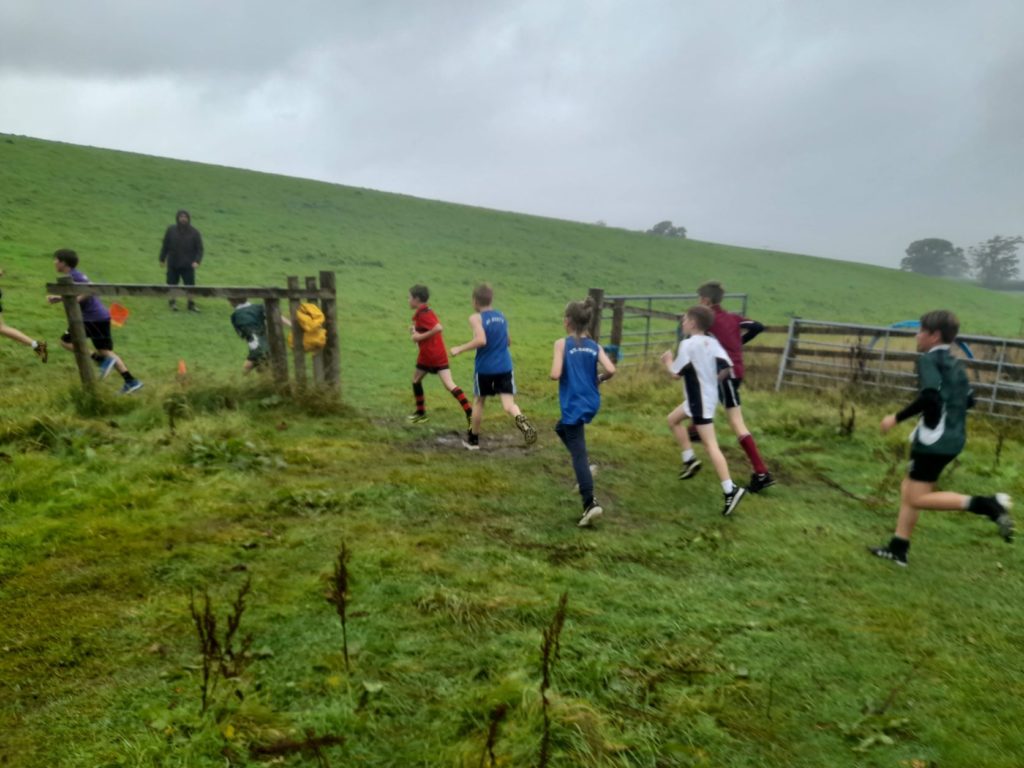
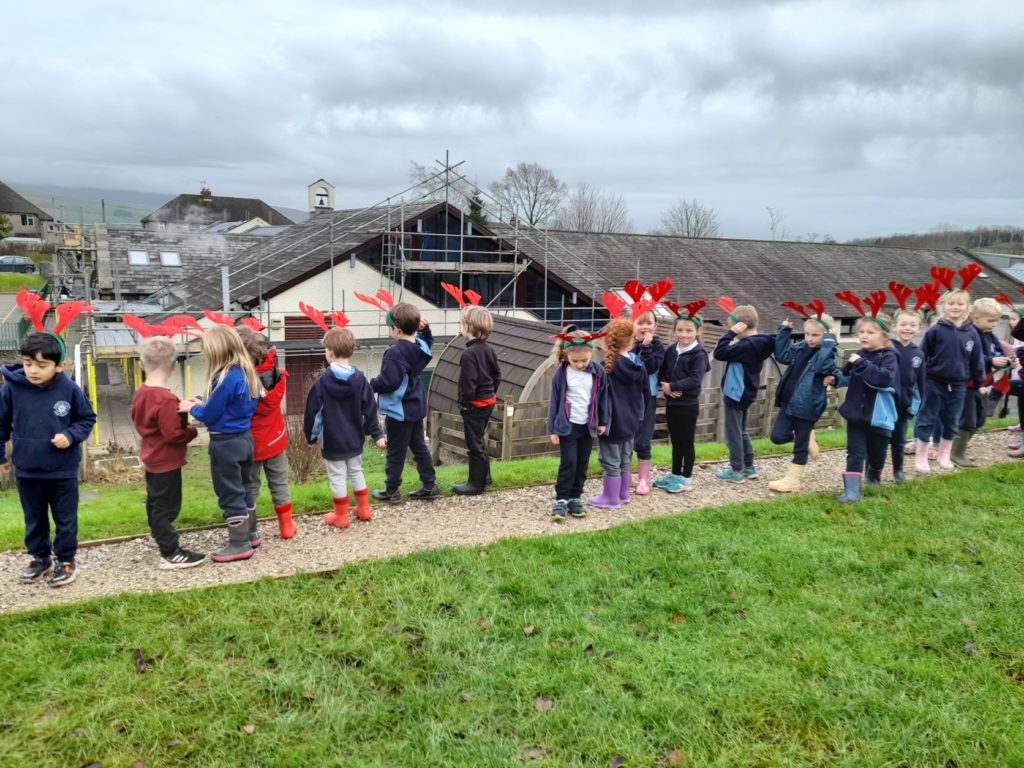
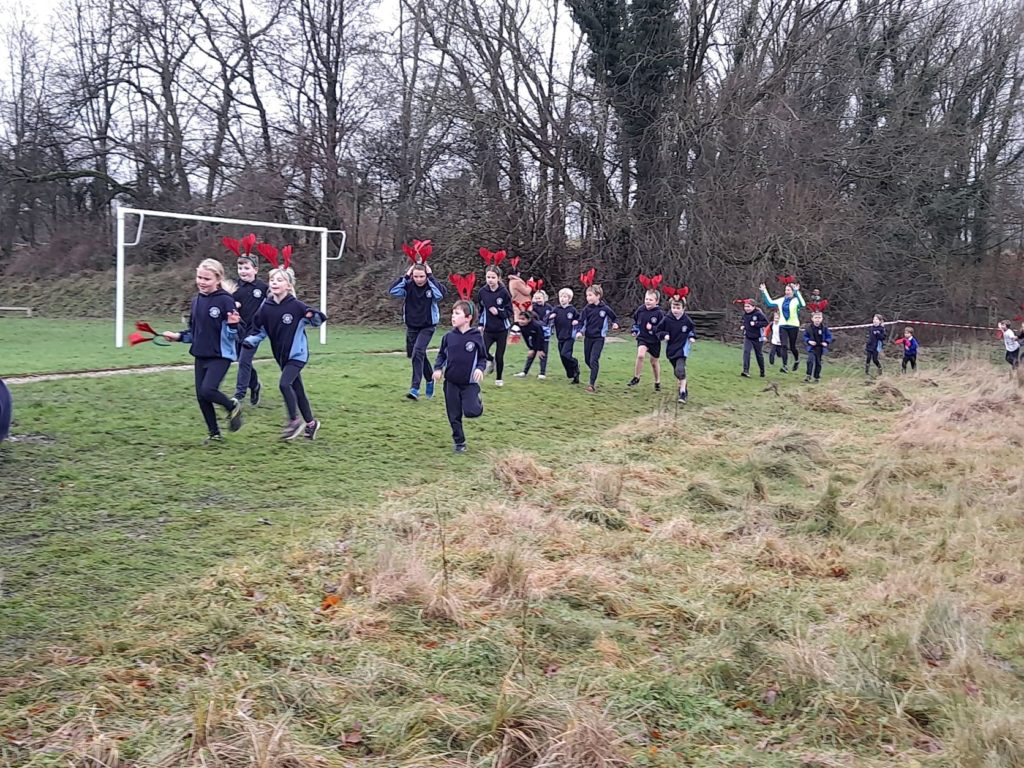
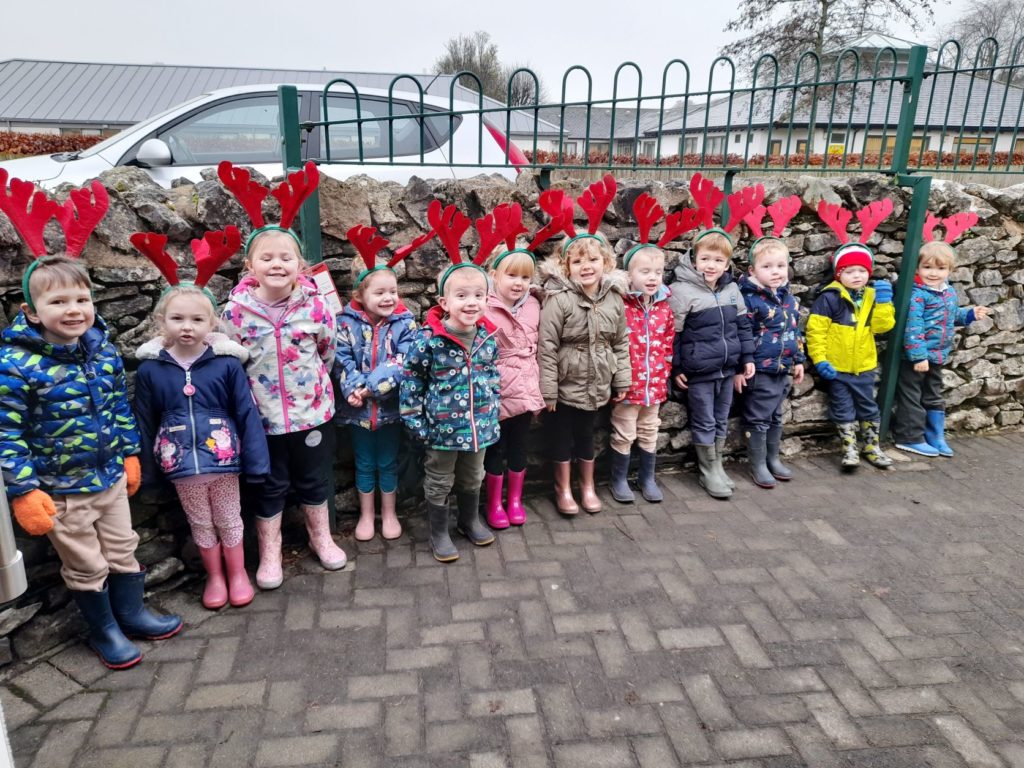
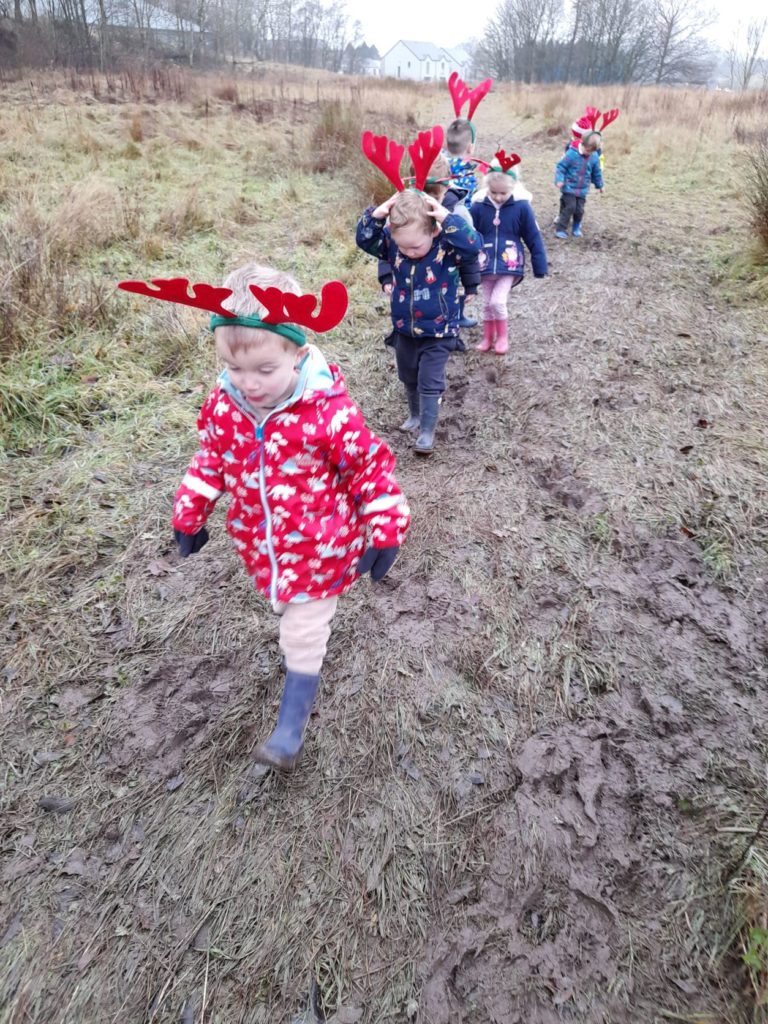
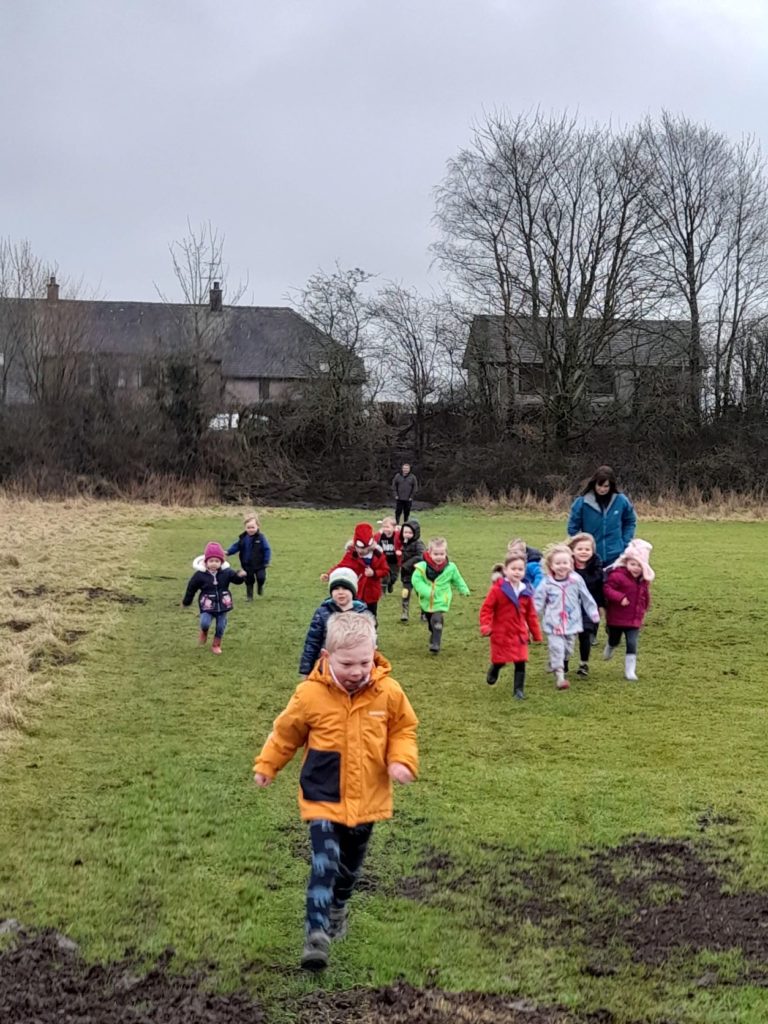
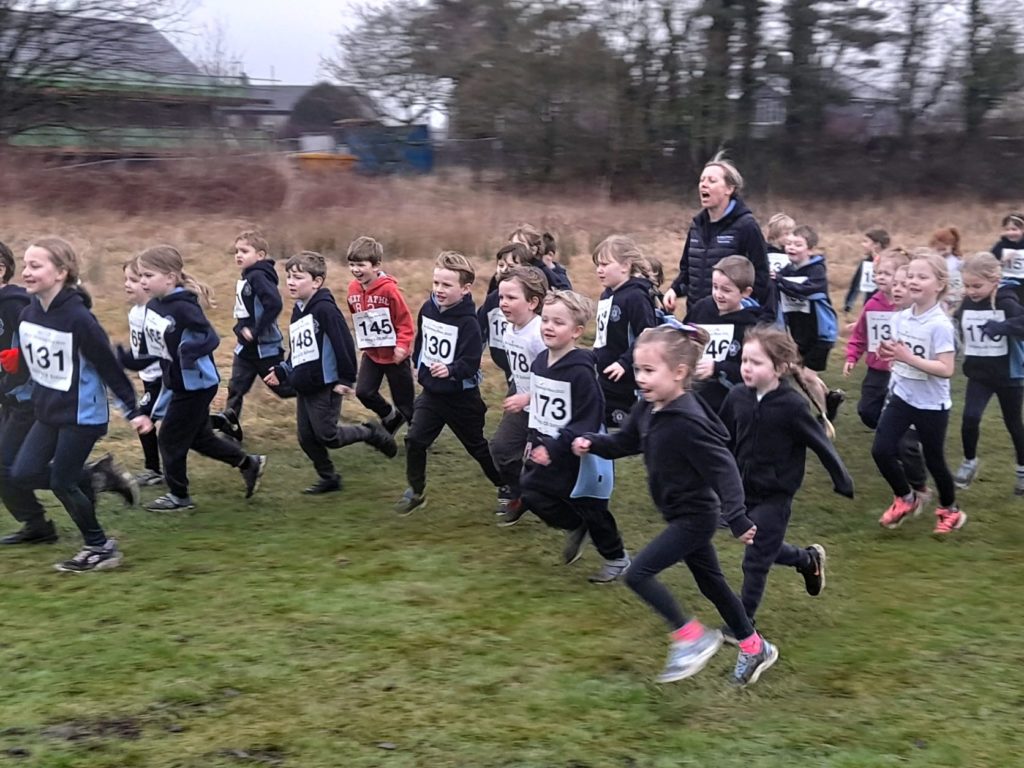
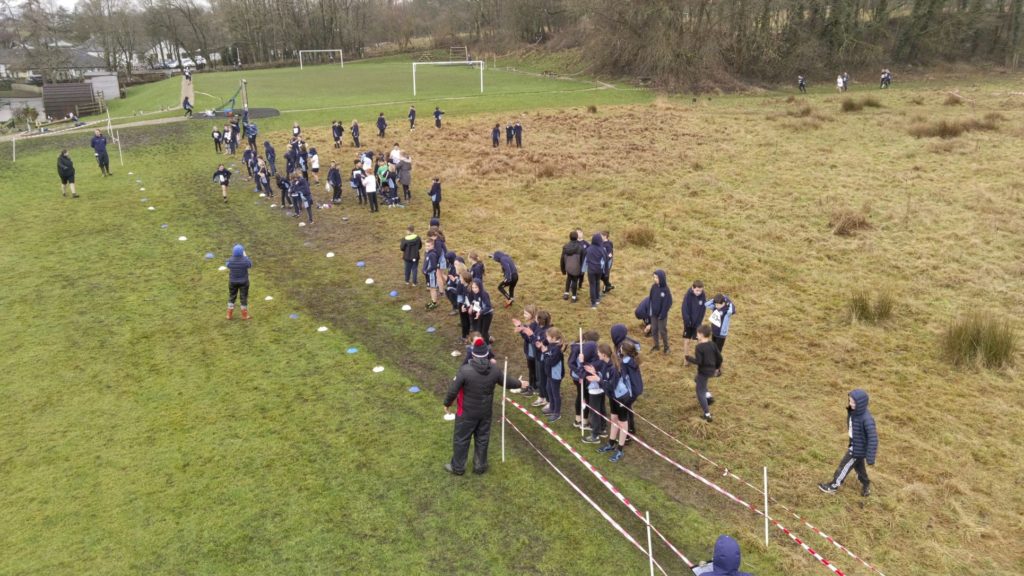
In the Spring Term
- Cross Country – trials continue followed by National Competitions.
- We offer the children opportunities to hear about sporting experiences from outside speakers, all the children experienced a Paralympian Athlete’s visit listening to him speak and joining in with PE sessions.
- SEND – we aim to offer experiences to a wide range of children; some of our children attended the Panathlon bowling.
- Key Steps Gymnastics – we aim to offer a wide variety of sporting experiences to a wide variety of children and our team took part in the Key Steps for the first time.
- Inter-school House Event – whole school egg rolling down the big hill!
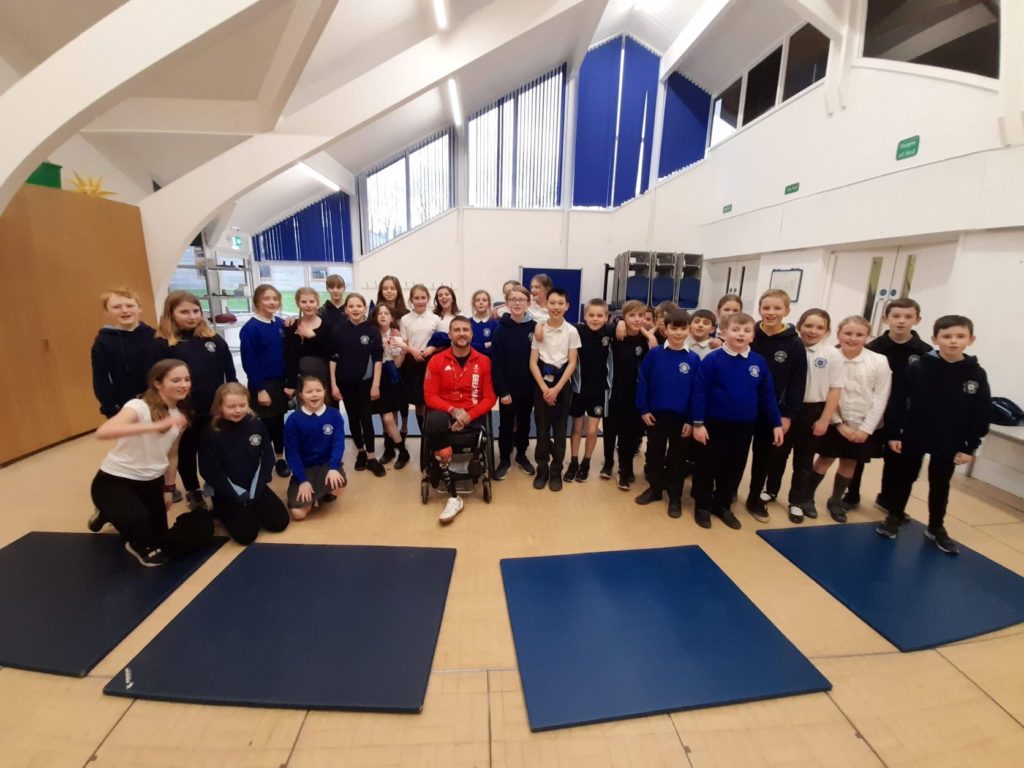
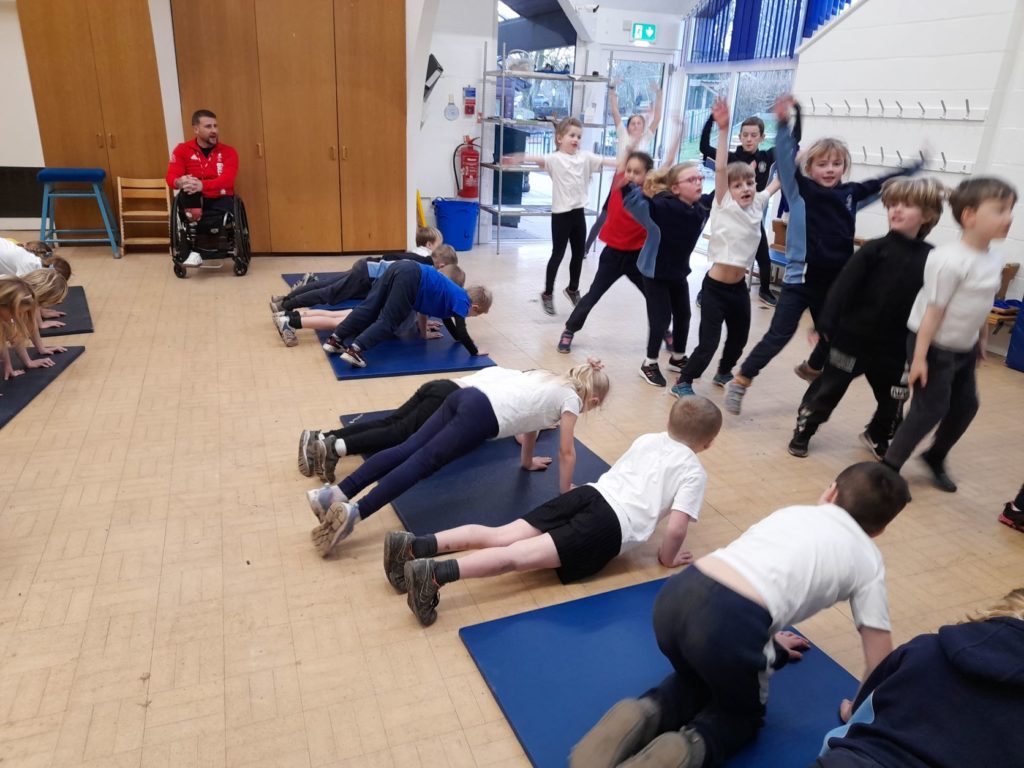
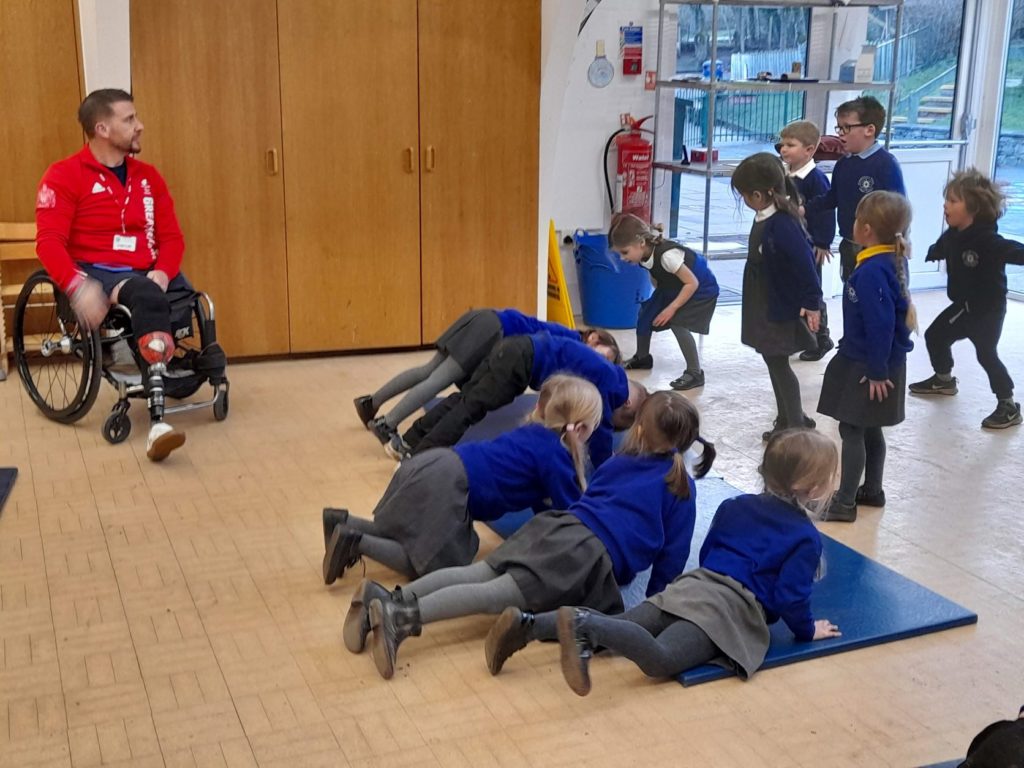
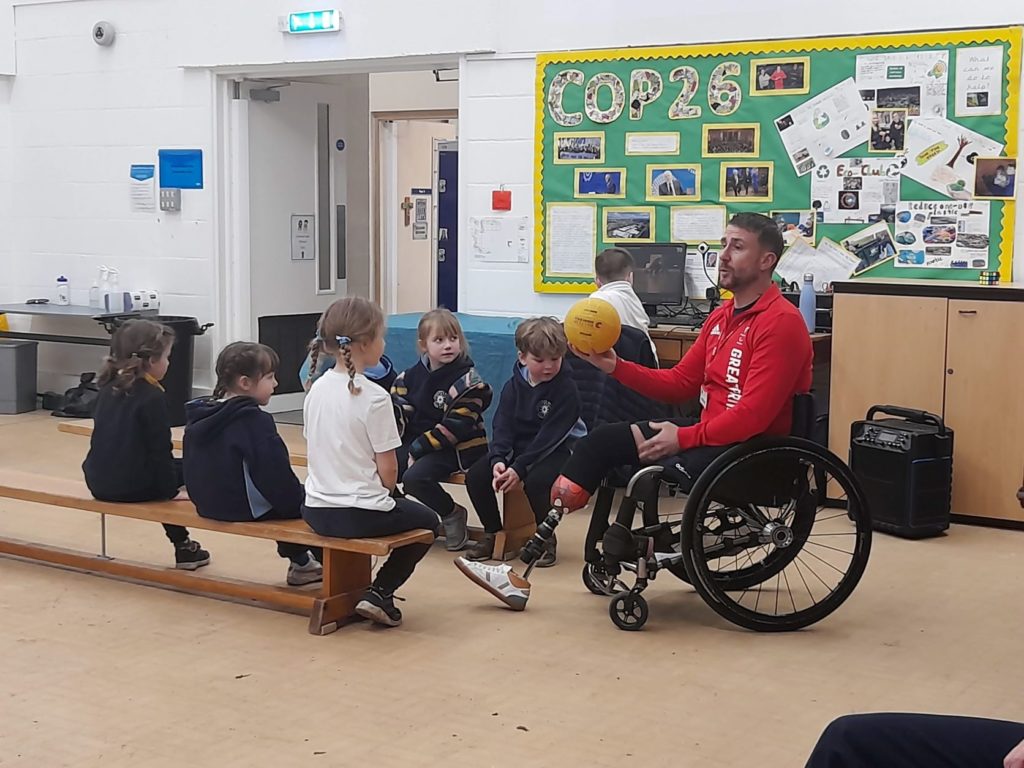
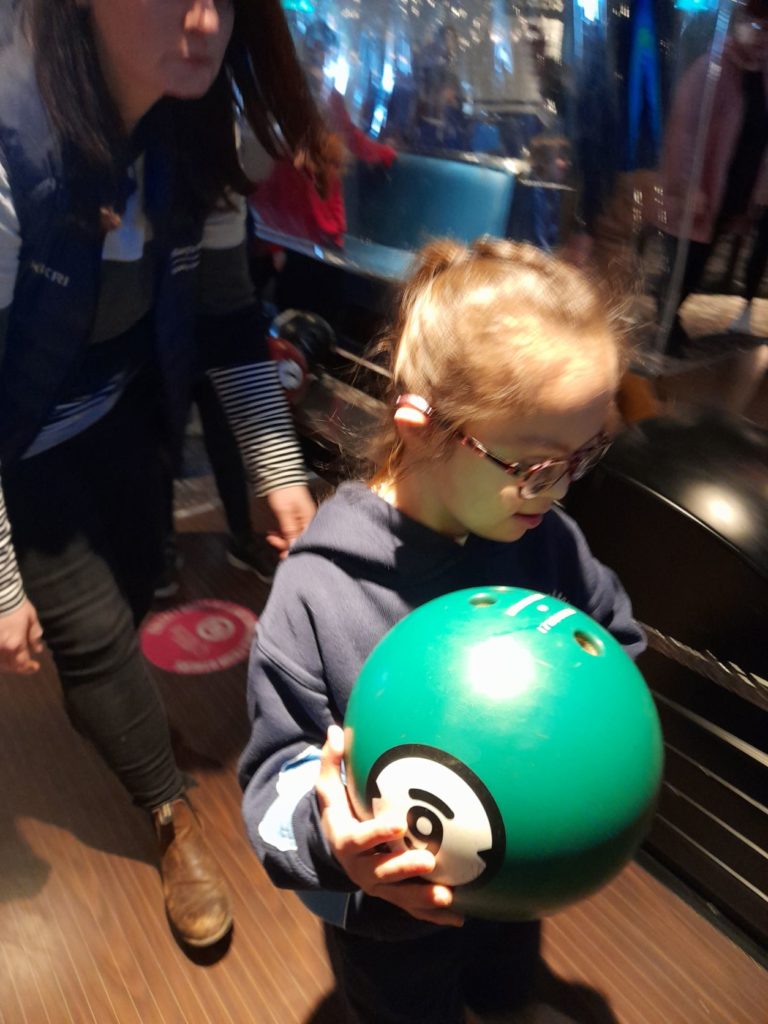
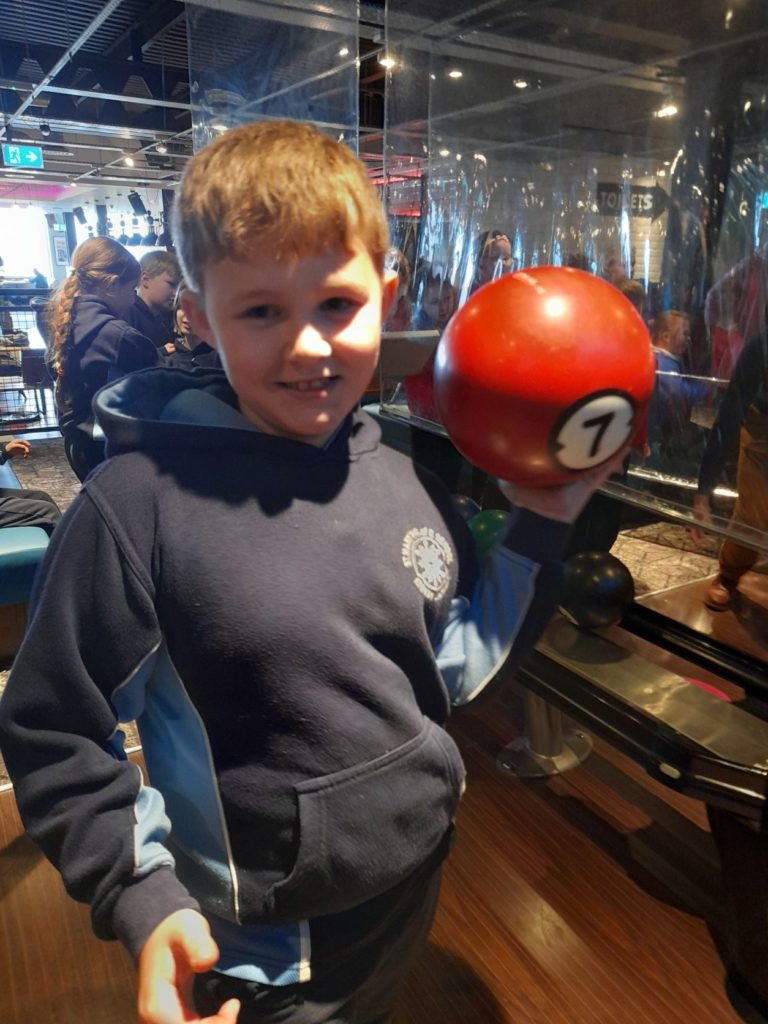
In the Summer Term
- Cricket competition – children attend Super Sixes to take part in an inter-school competition.
- Athletics – we join a large meet of different schools to take part in track and field events.
- Inter-school Football – the children attend an inter-school competition with many of the Kendal Schools.
- Bouldering – aimed at widening the children’s experiences and opportunities for sport, a group attended the bouldering at Kendal climbing wall.
- Whole School Sports Day – all the children from YN to Y6 take part in sports day.
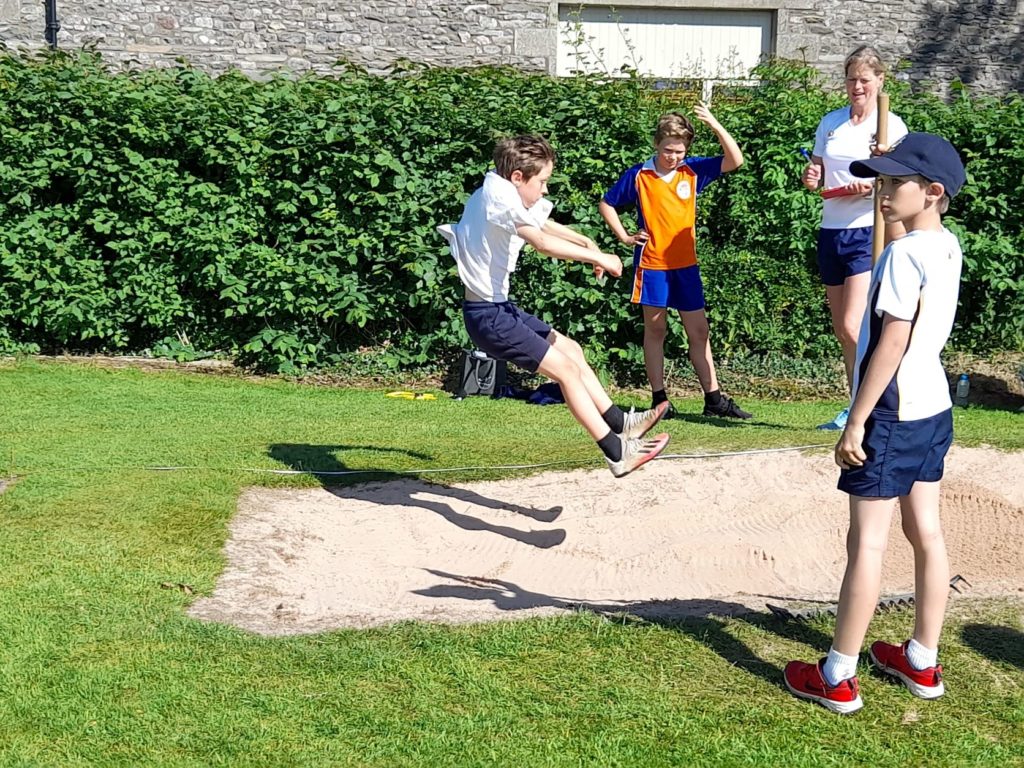
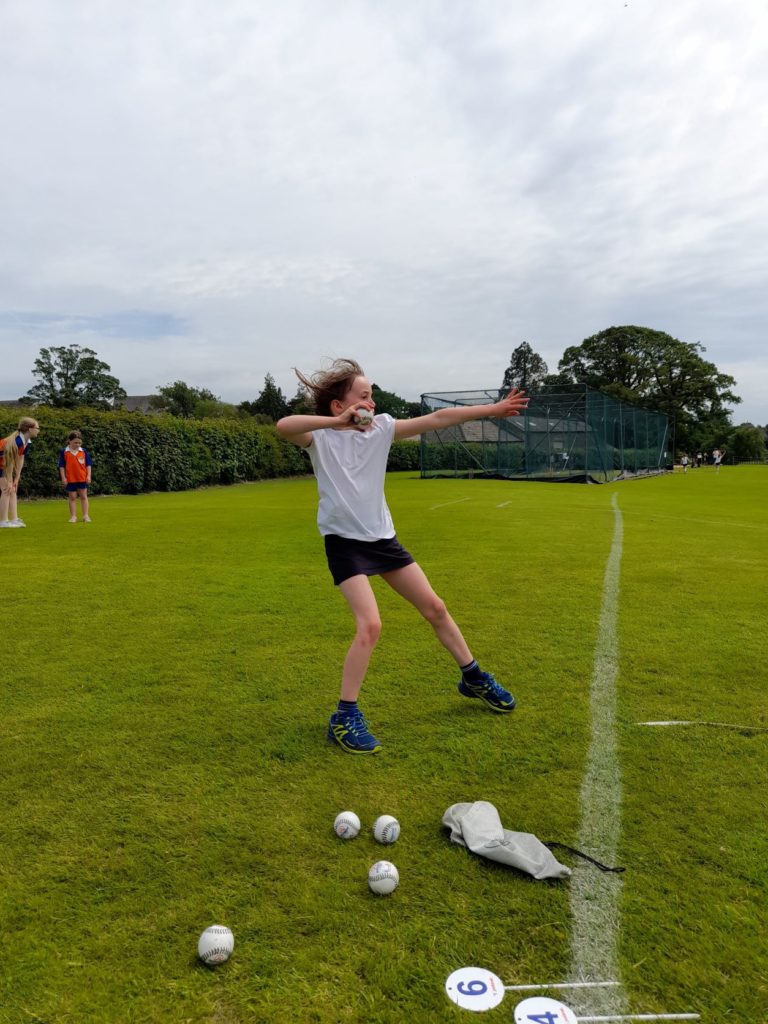
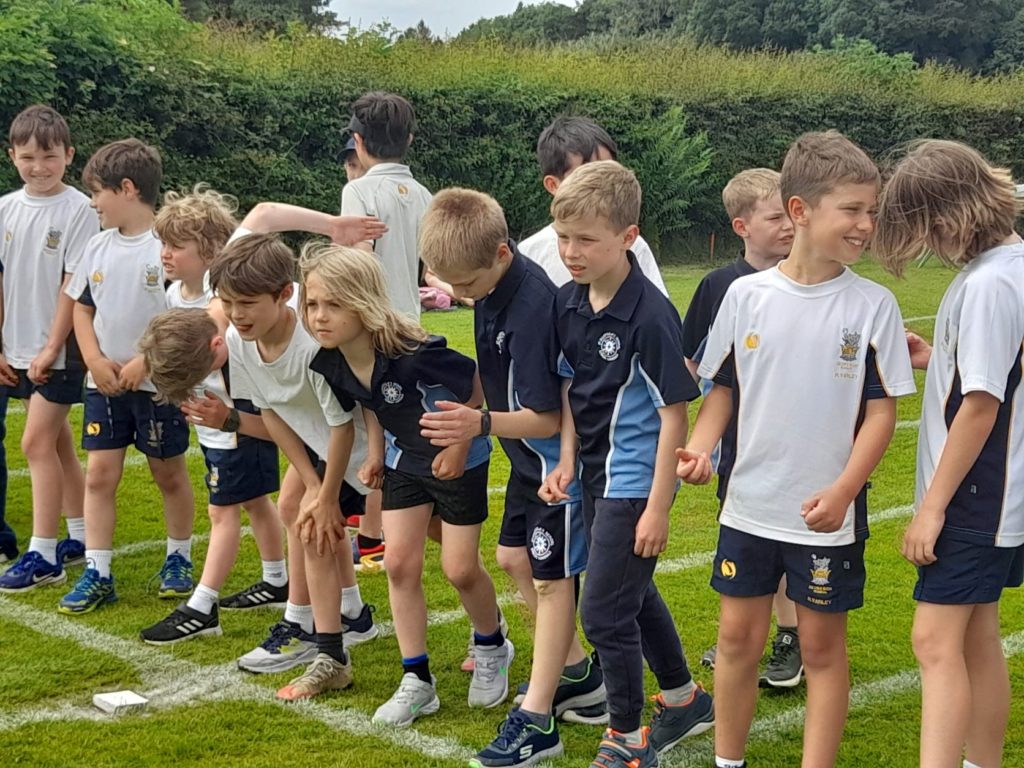
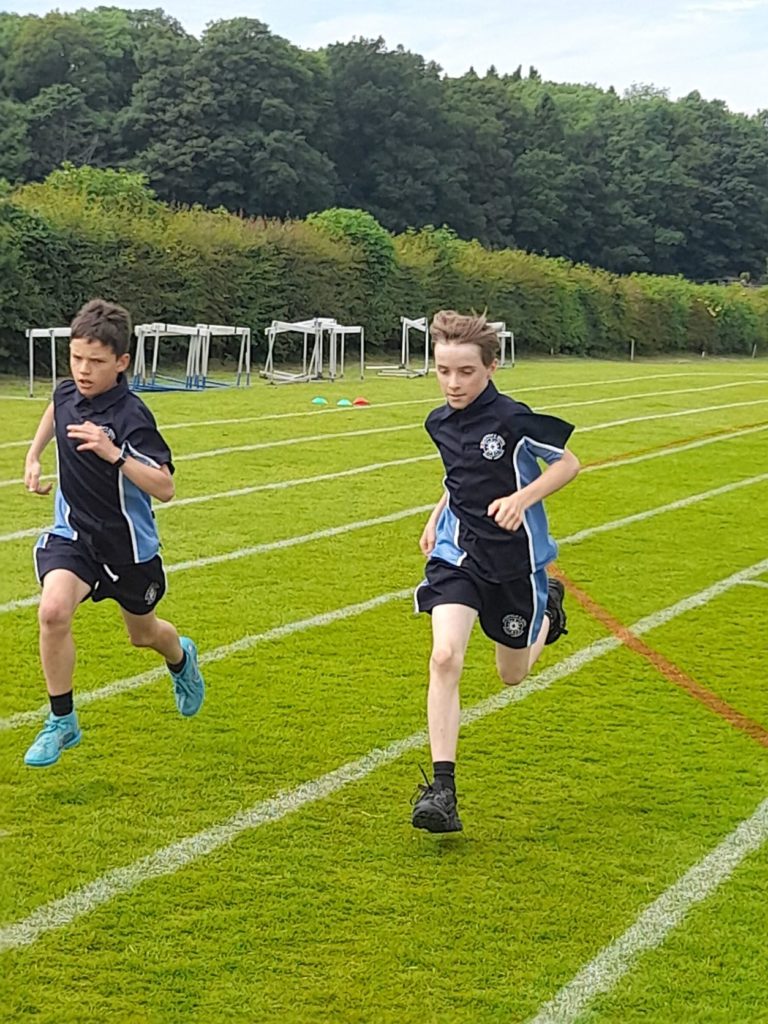
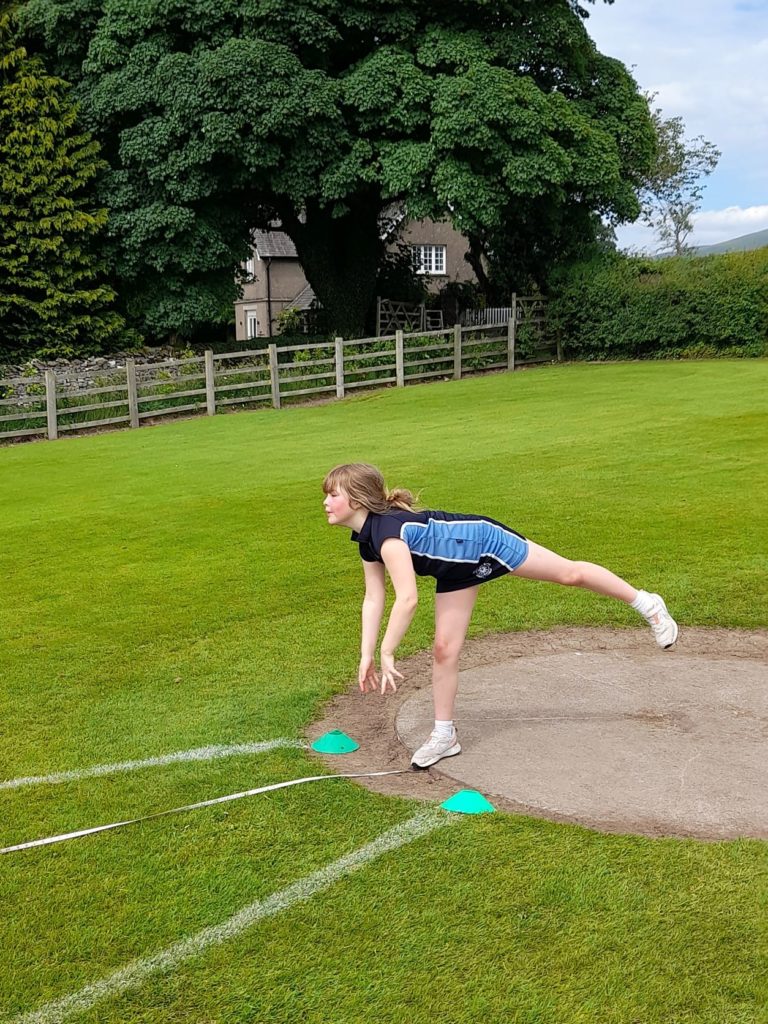
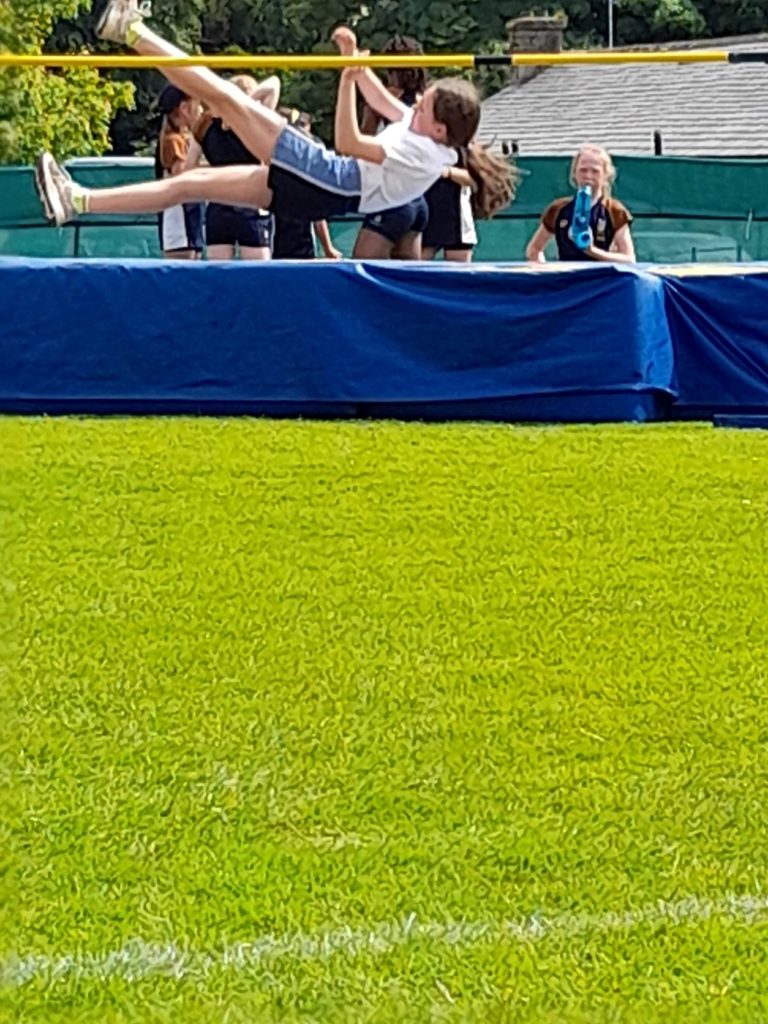
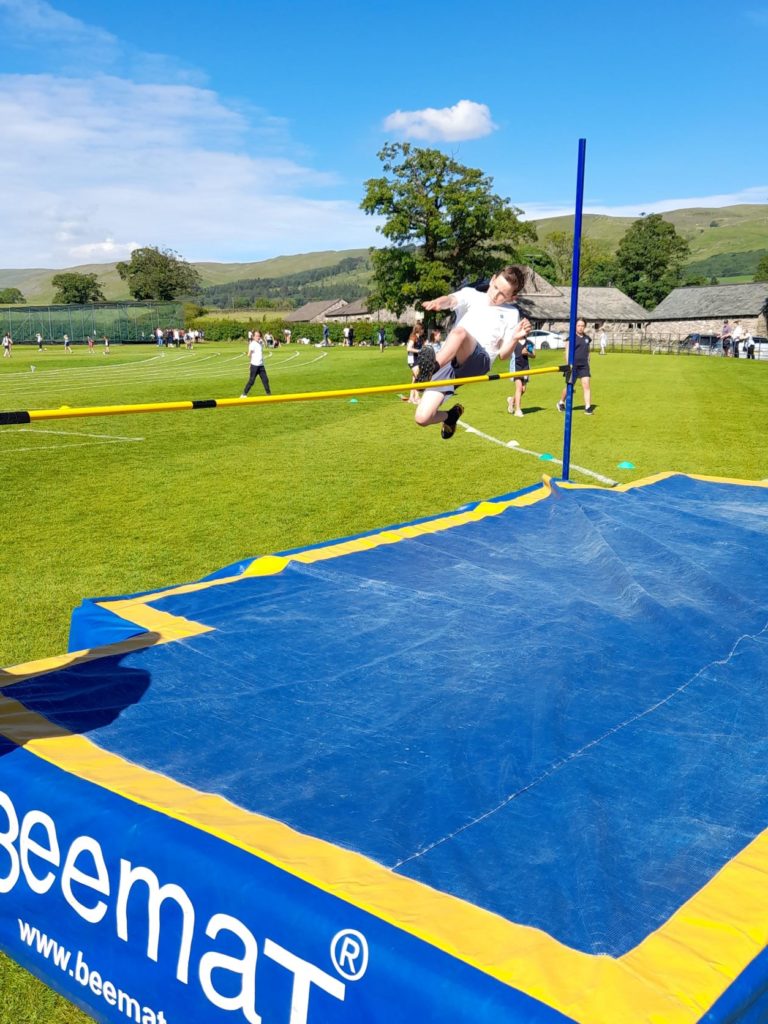
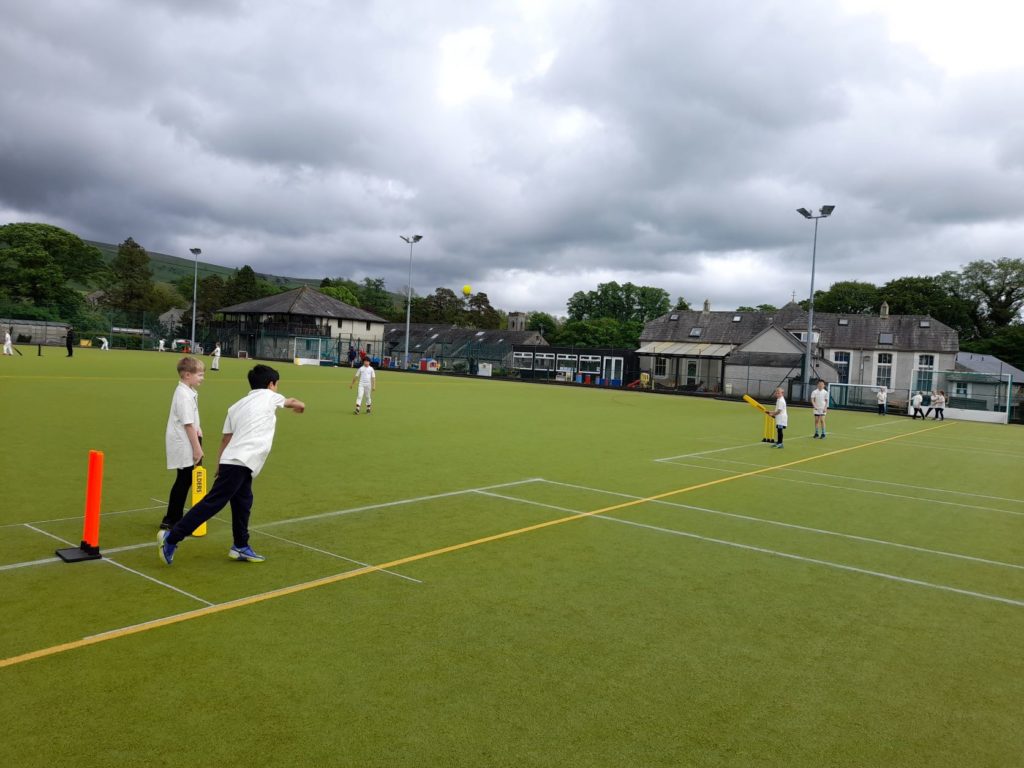
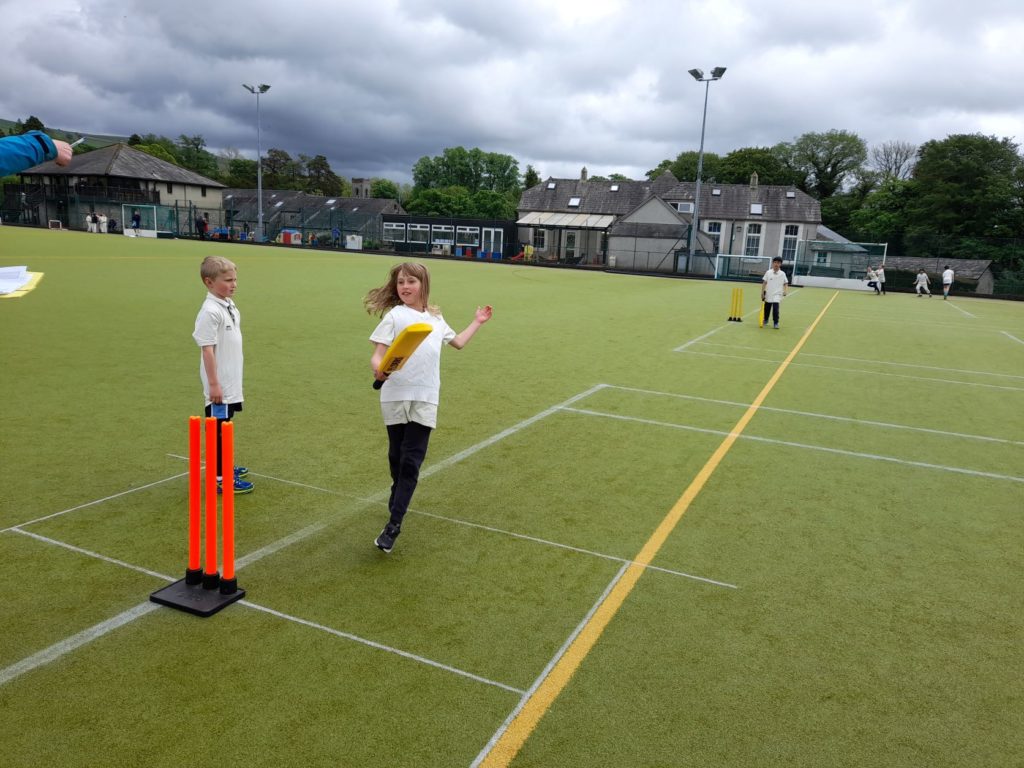
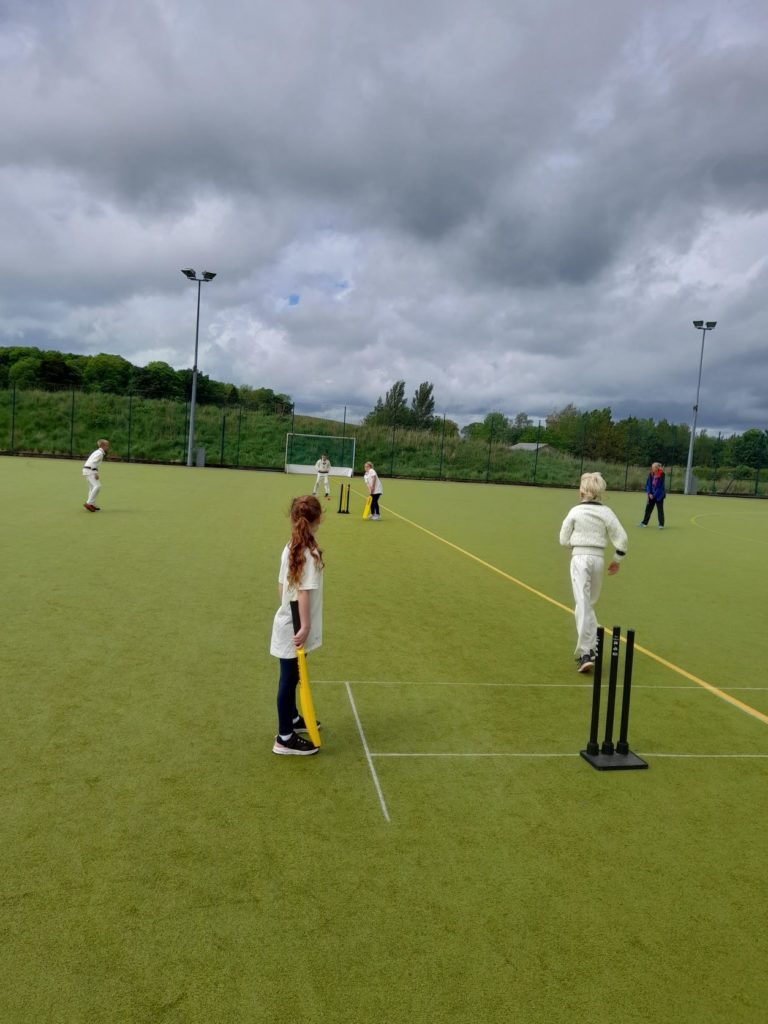
Developing Cycling Skills and Safety
Many of our year groups access bike activity days aimed at developing basic cycling skills and confidence, as well as establishing that the children gain an insight into their own safety when cycling. This is then followed up with a week long course in Y6 giving the children the skills necessary to ride safely on roads.
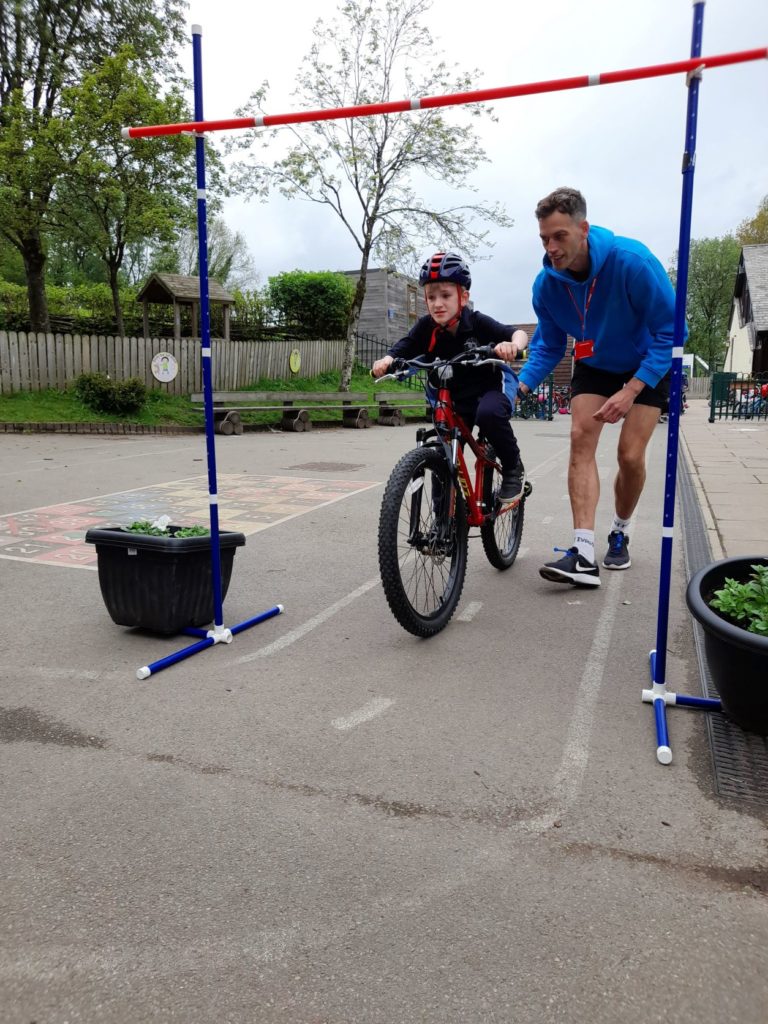
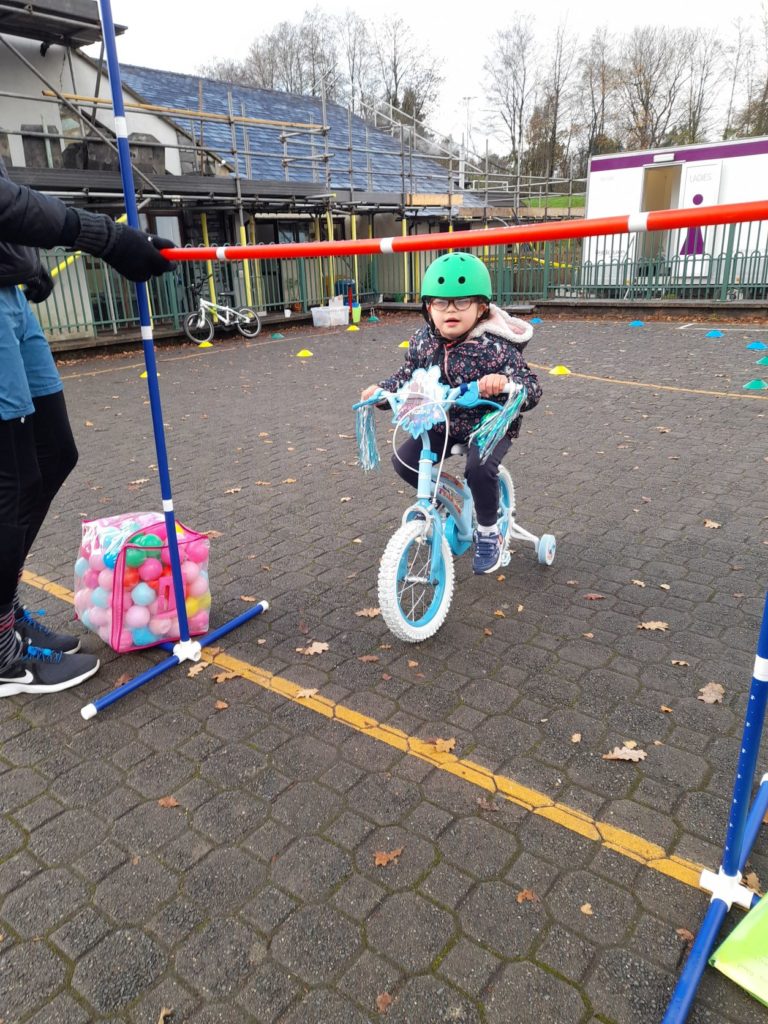
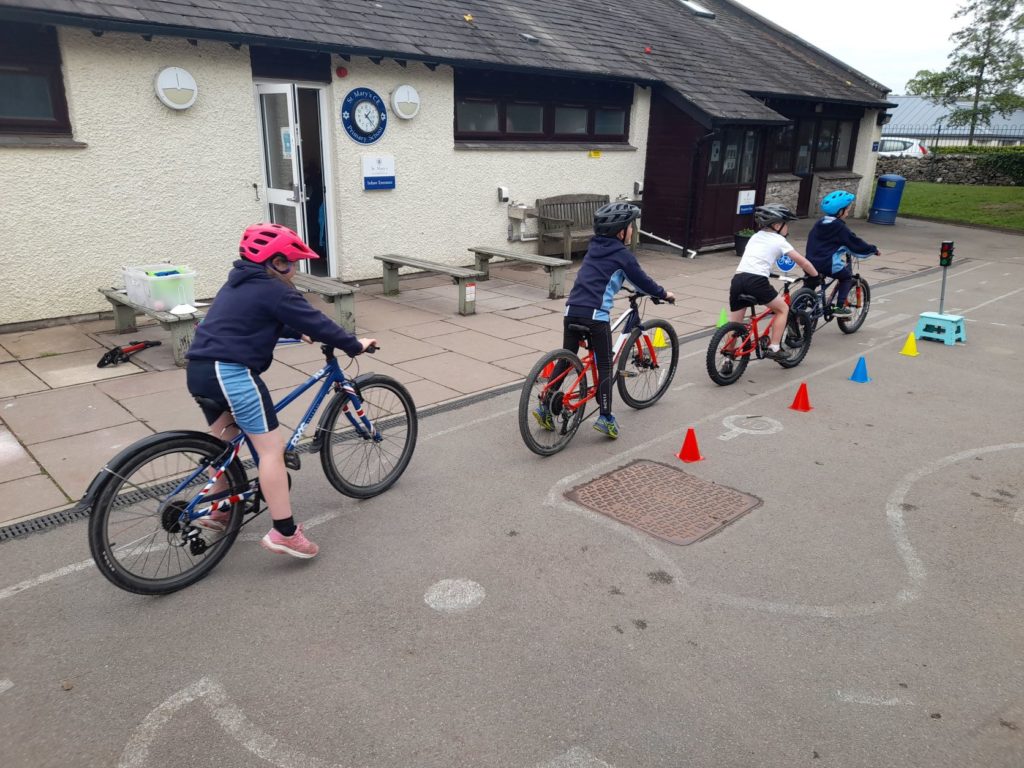
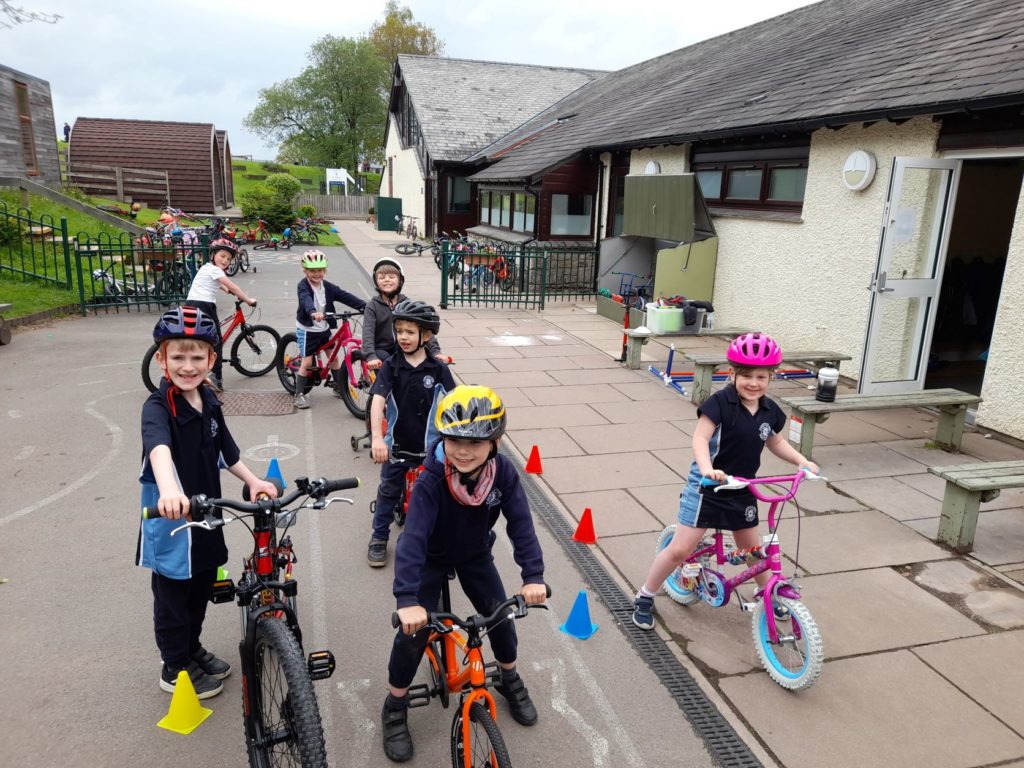
Outdoor and Adventurous Activities
Our EYFS children access a wide variety of outdoor experiences and Forest School runs every week for YN, YR and Y1.
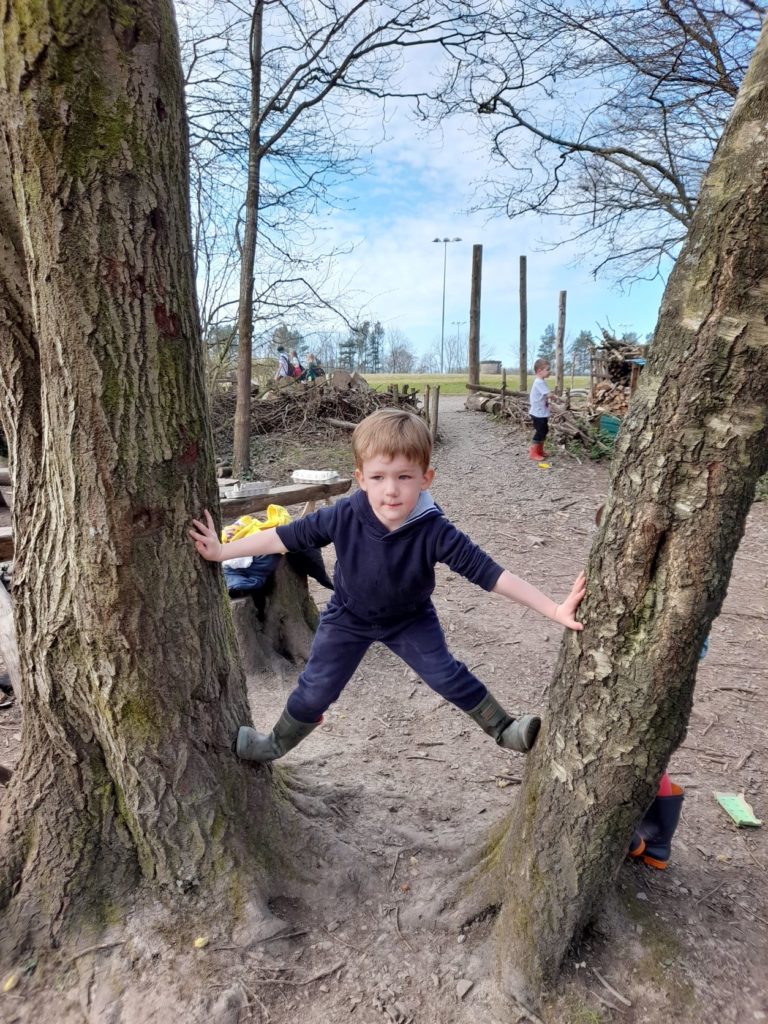
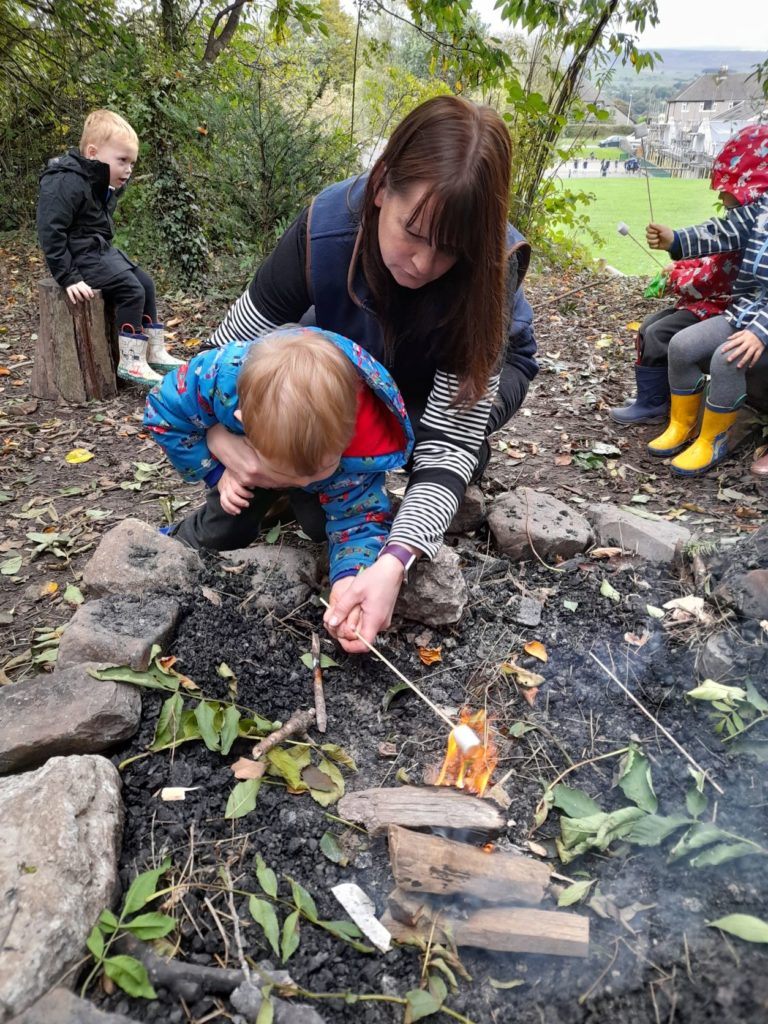
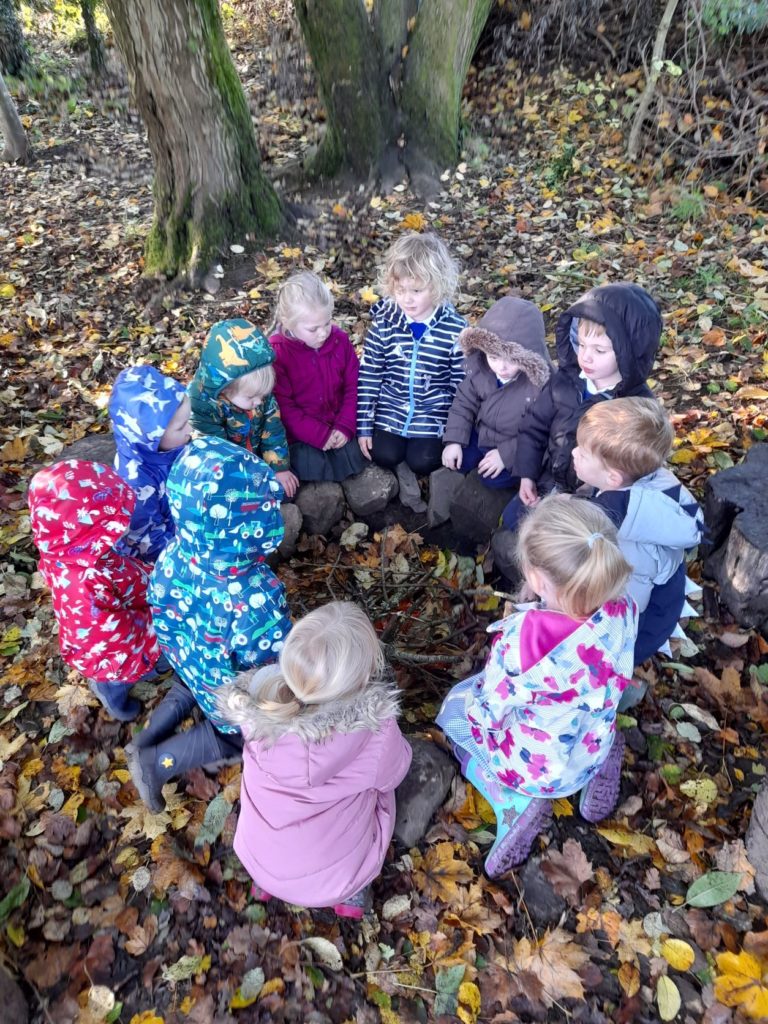
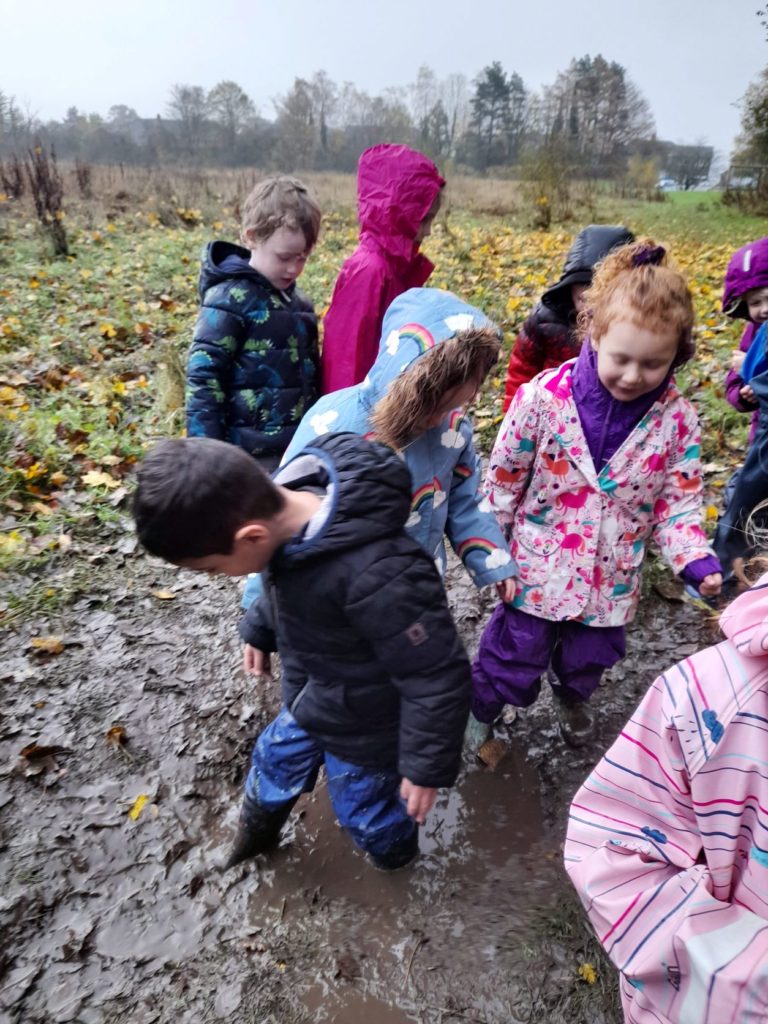
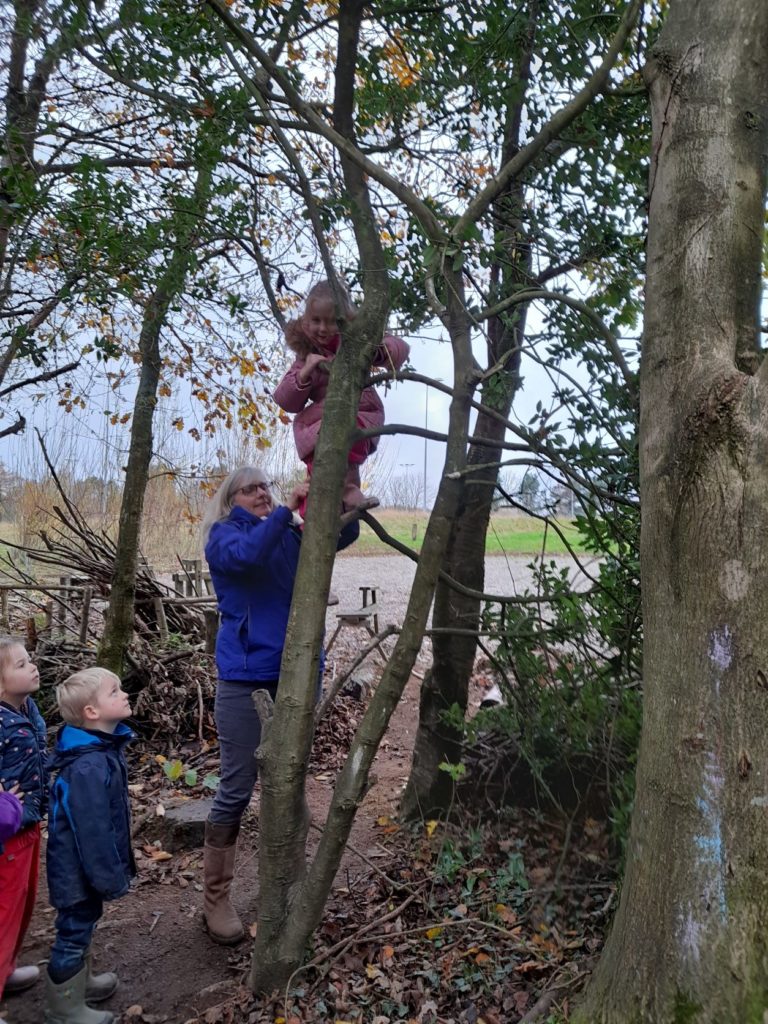
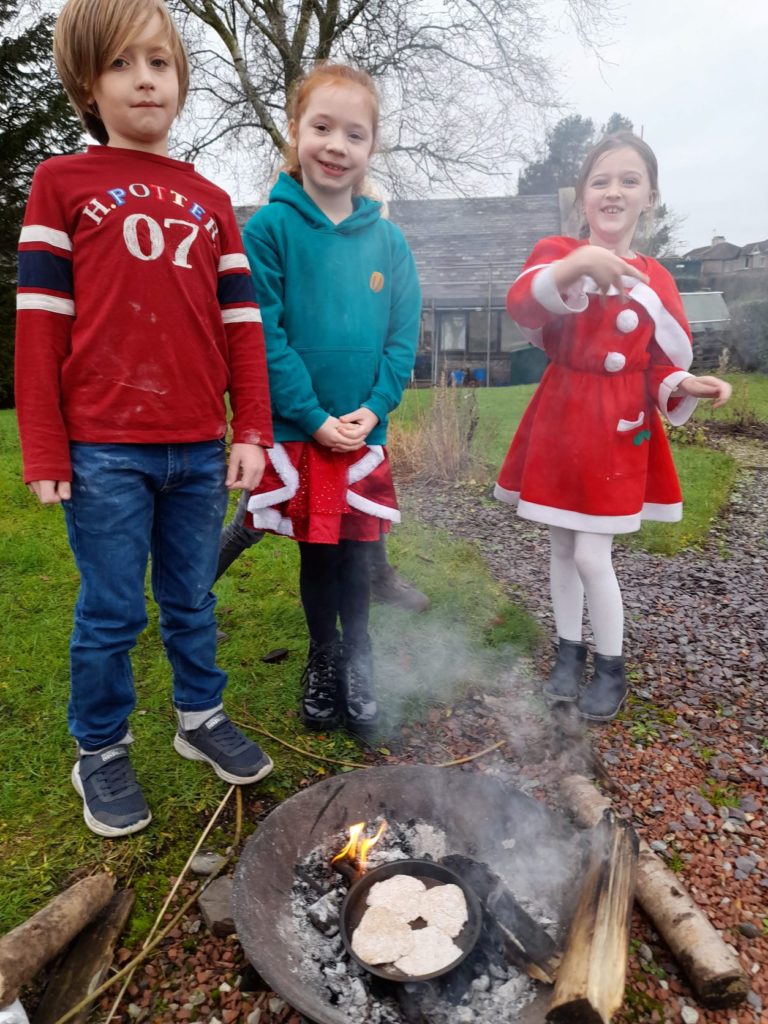
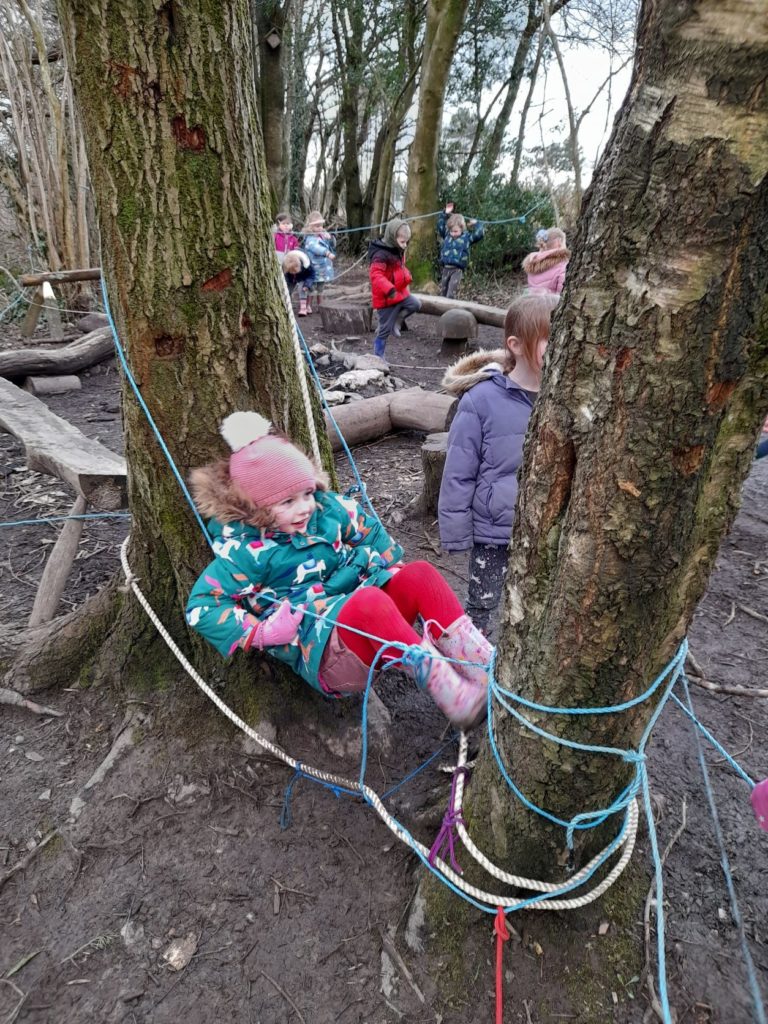
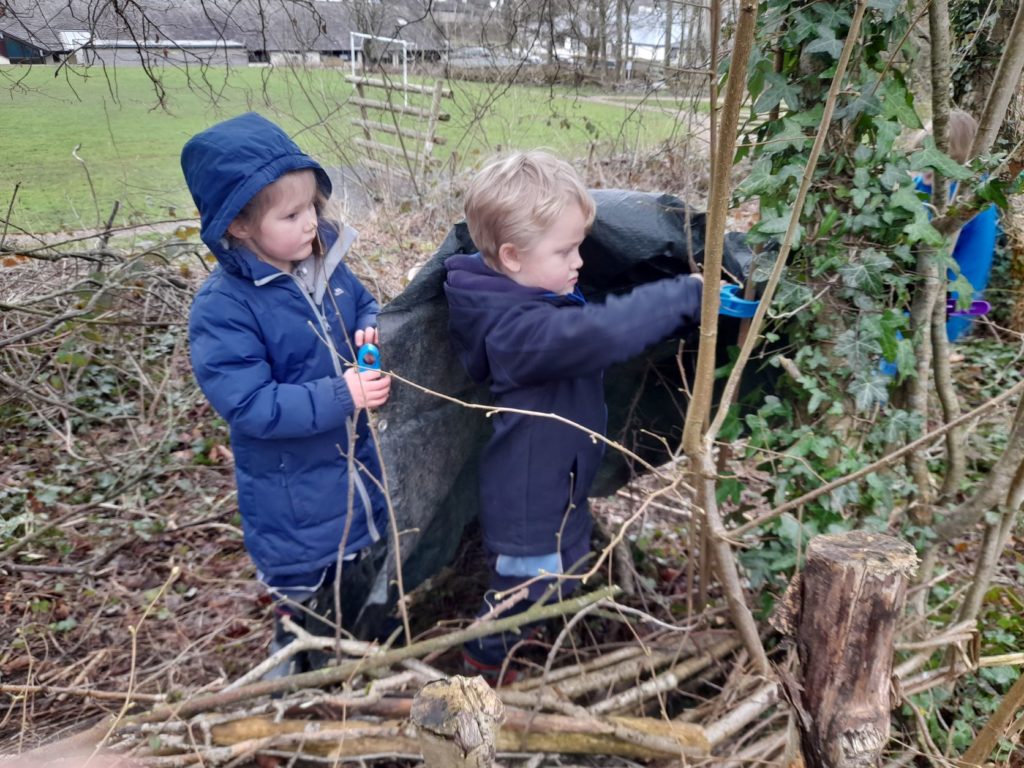
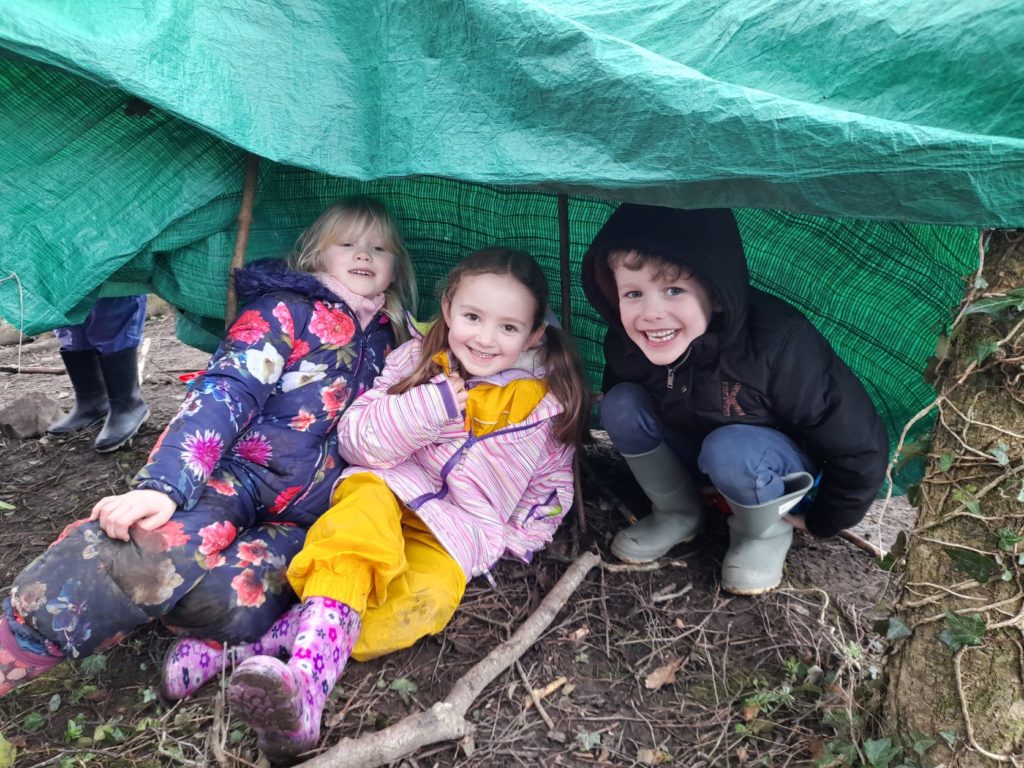
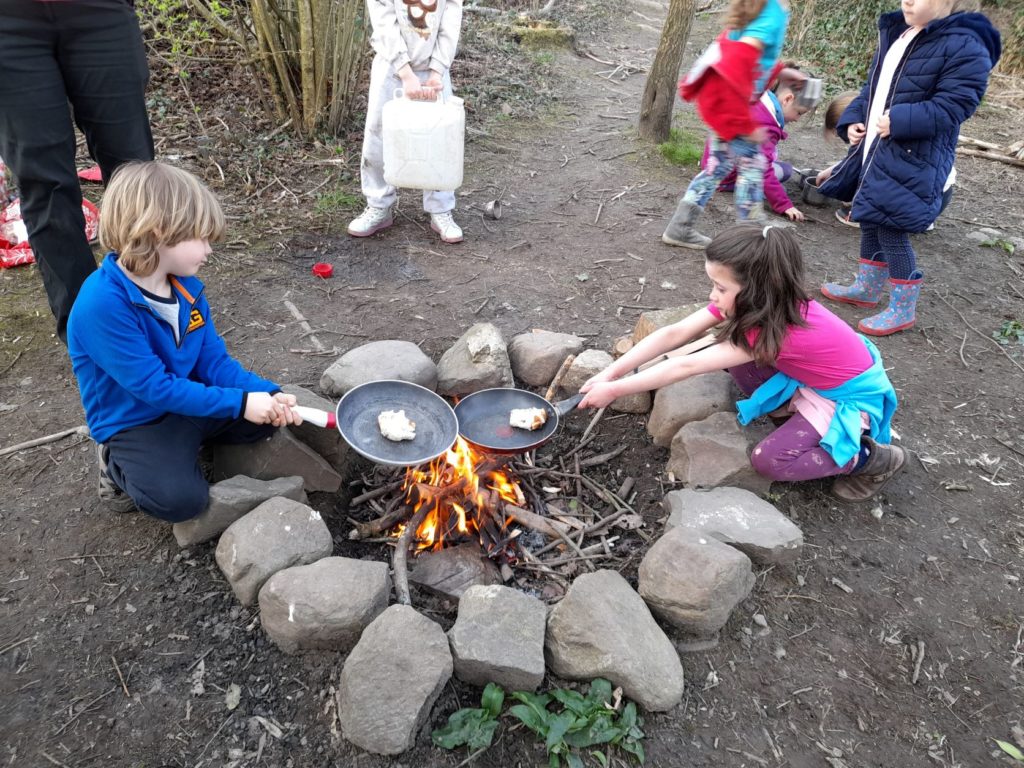
Our OAA curriculum is supported by external visits and residentials.
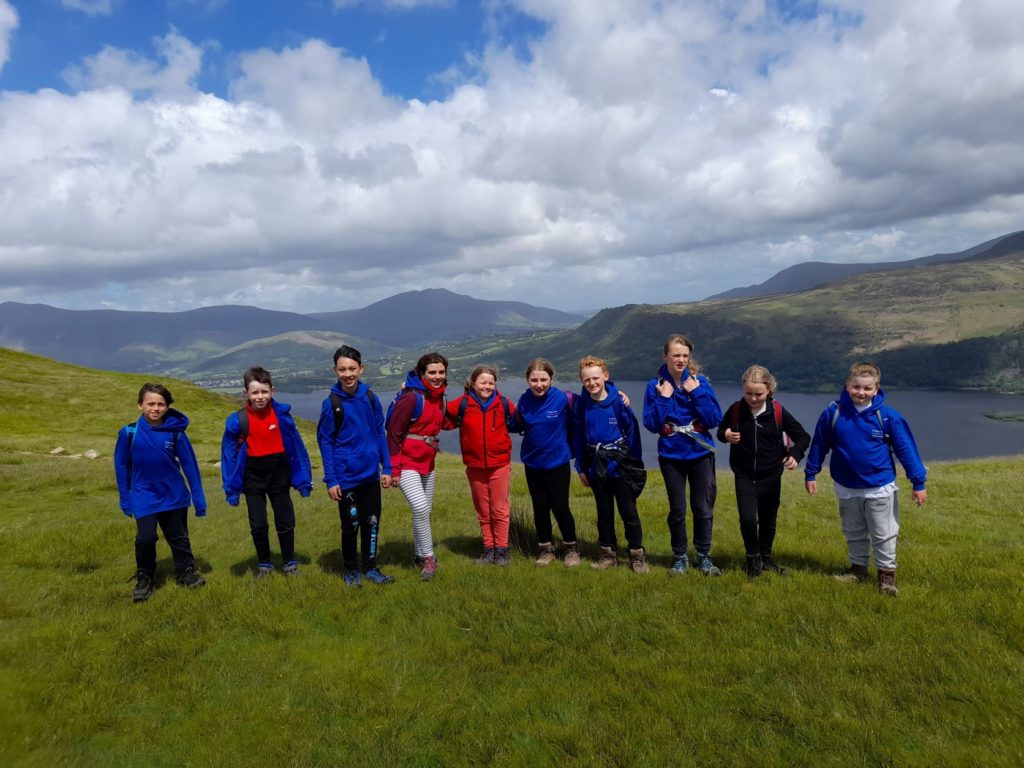
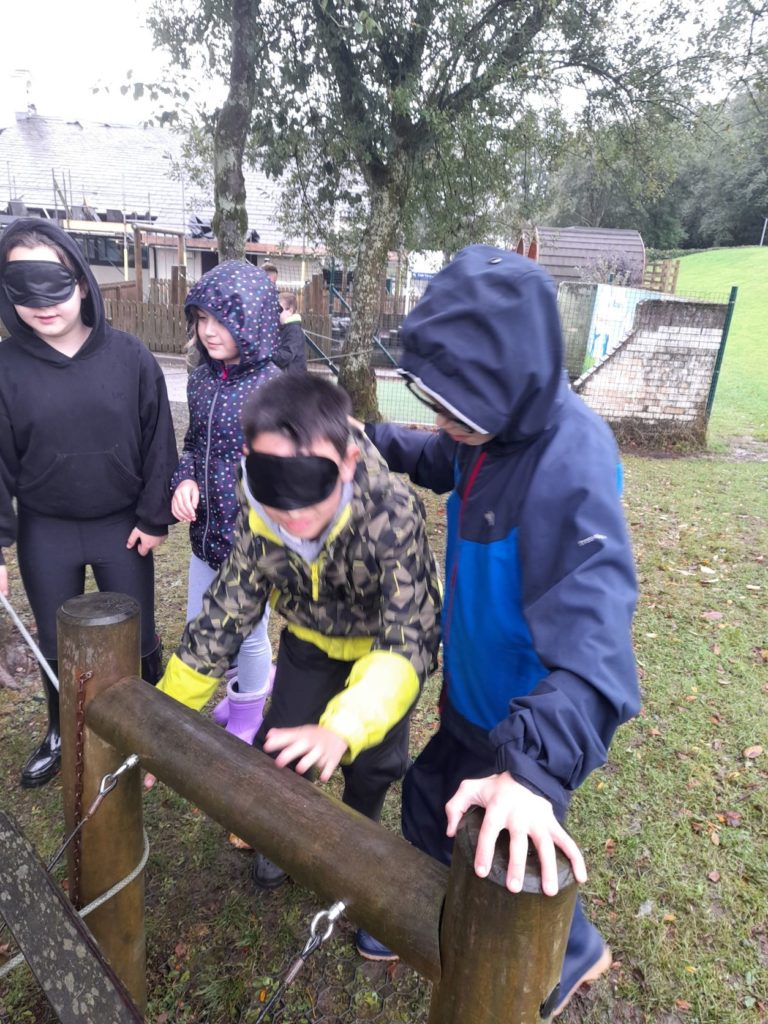
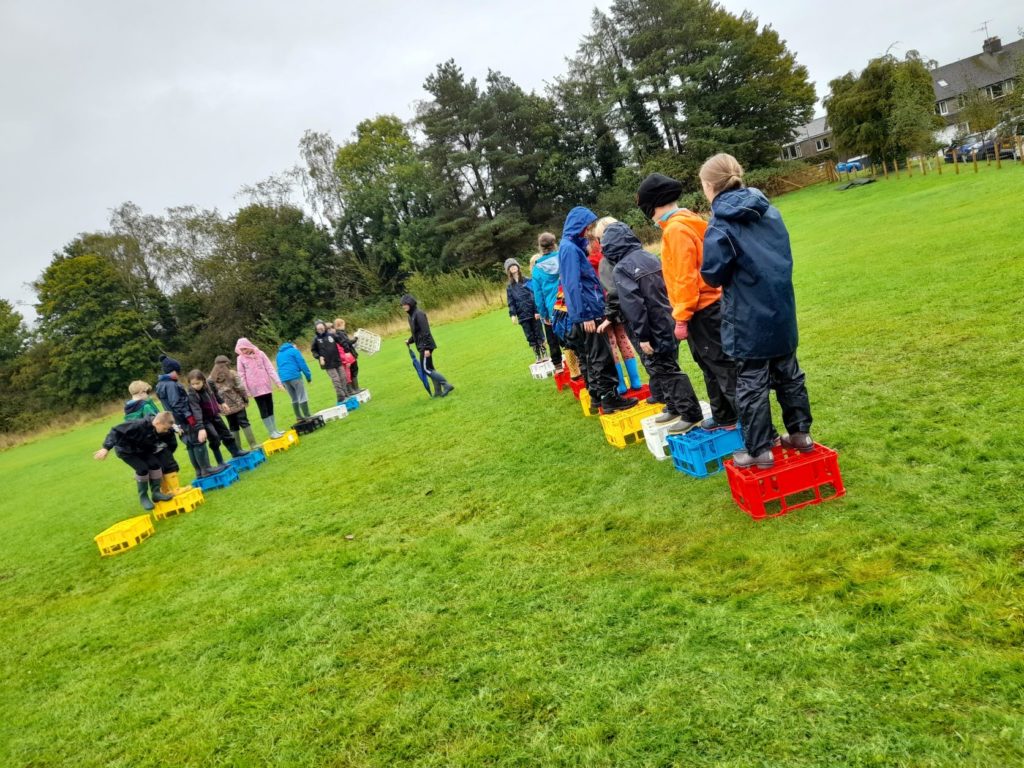
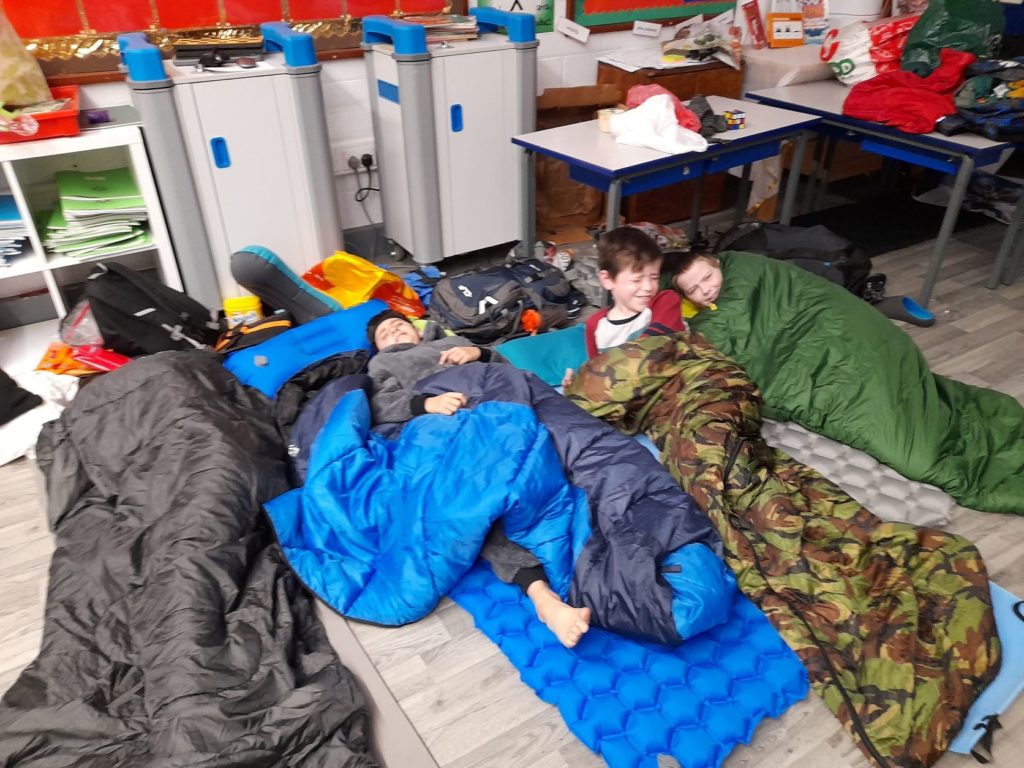
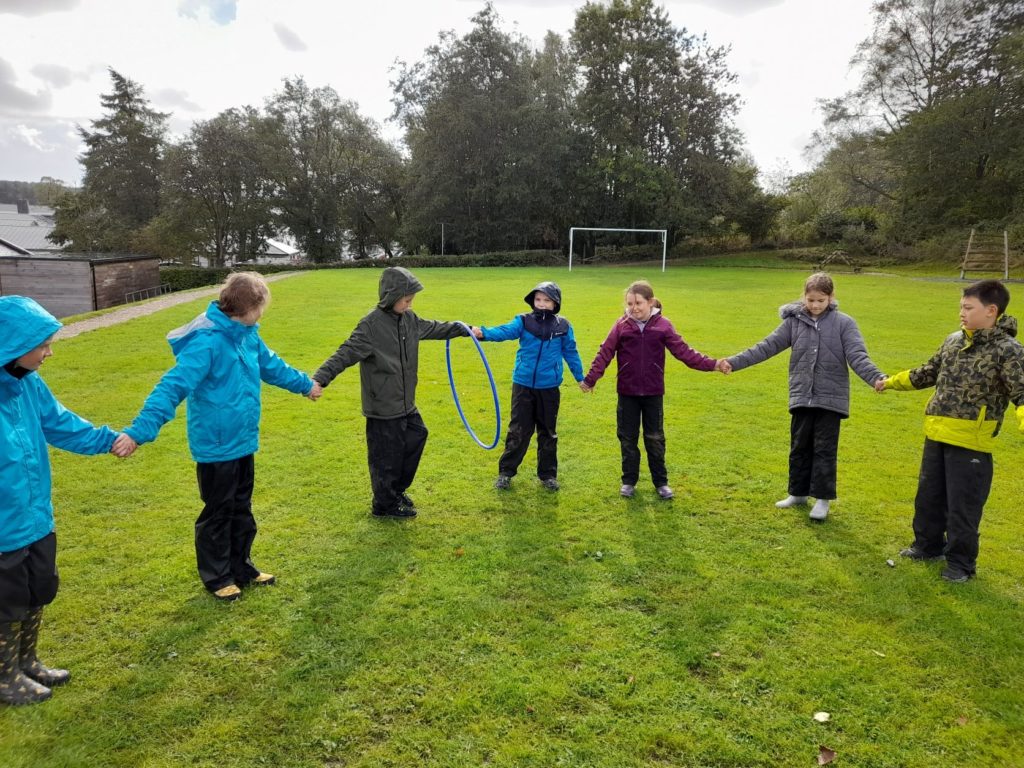
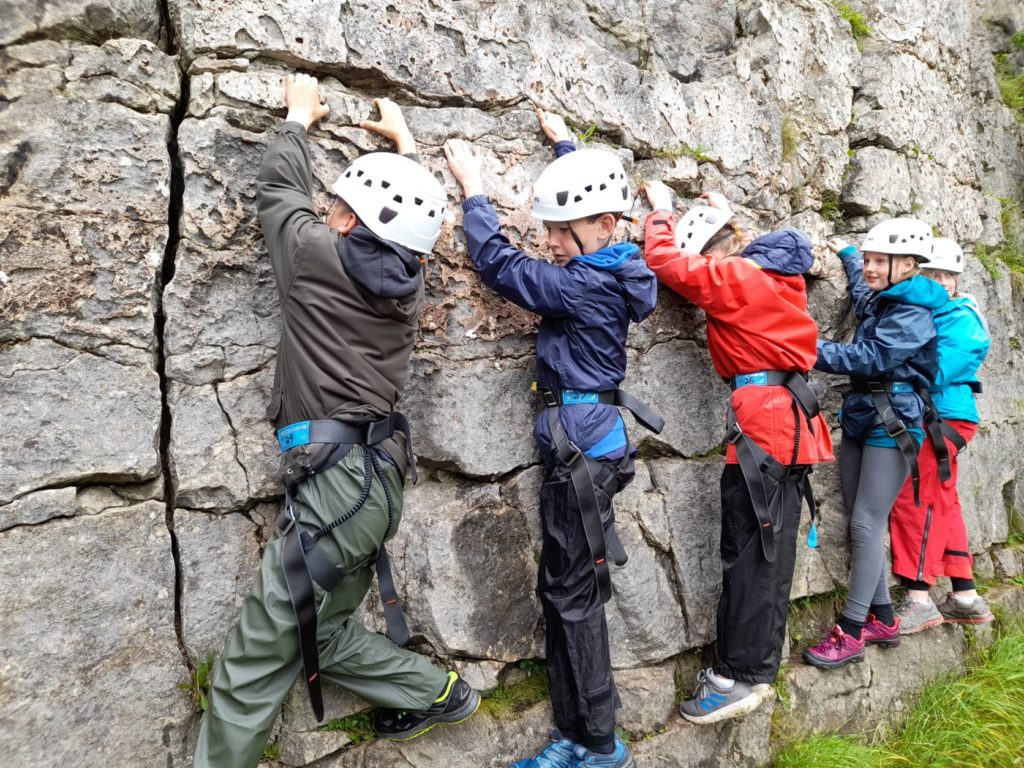
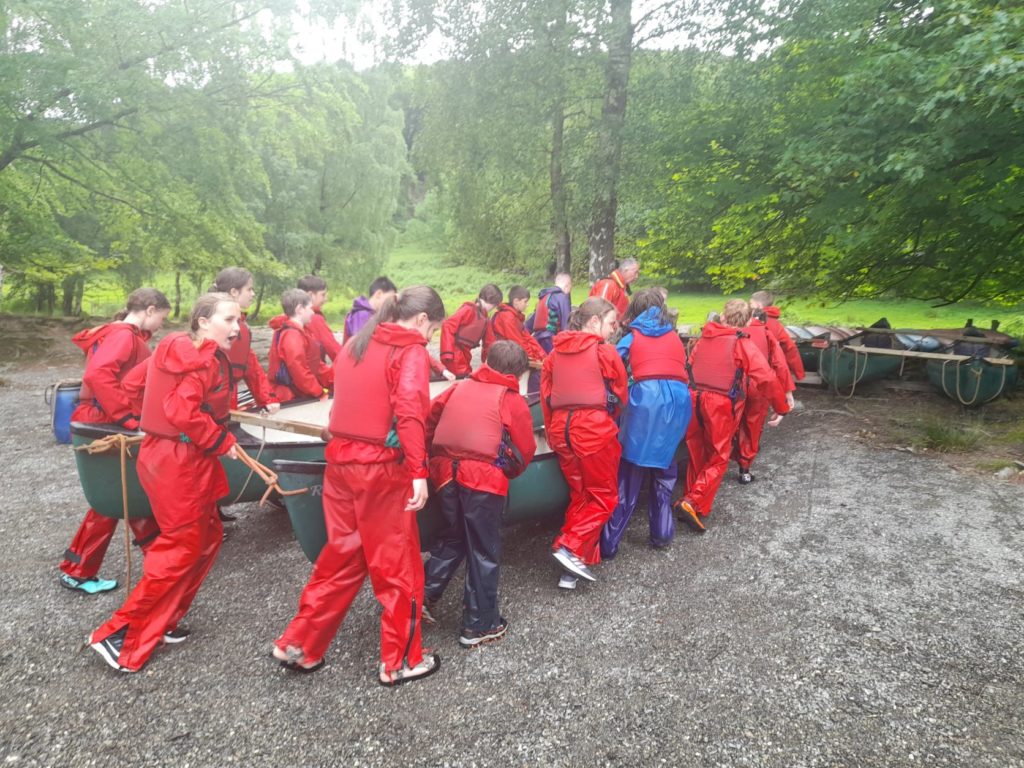
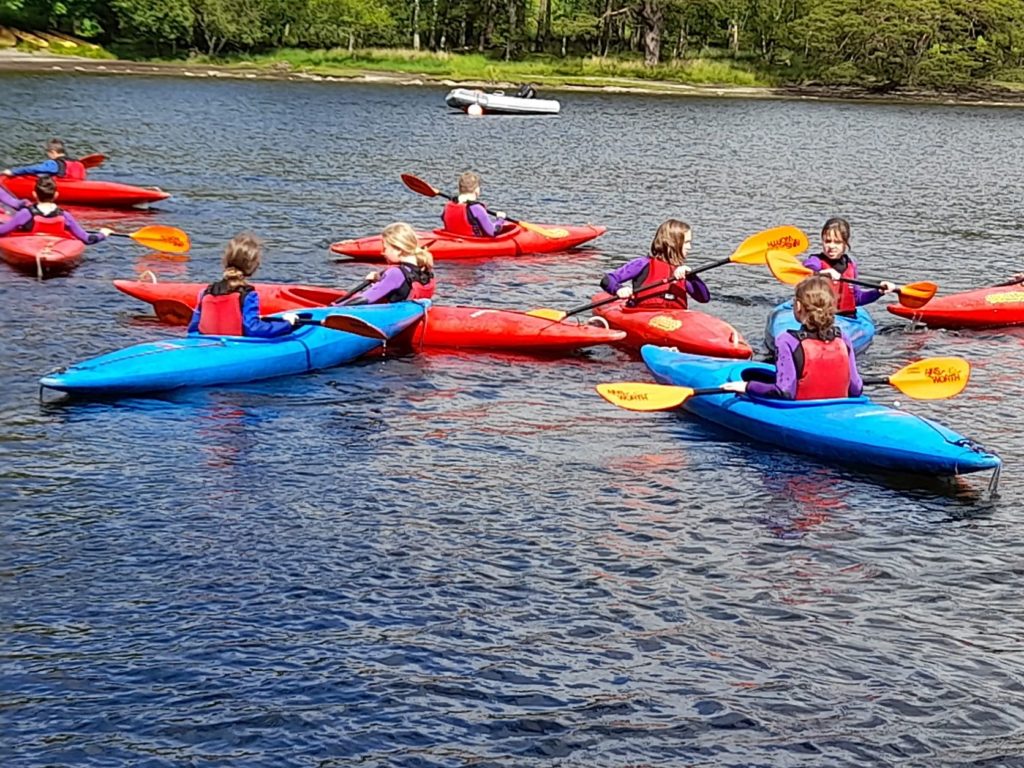
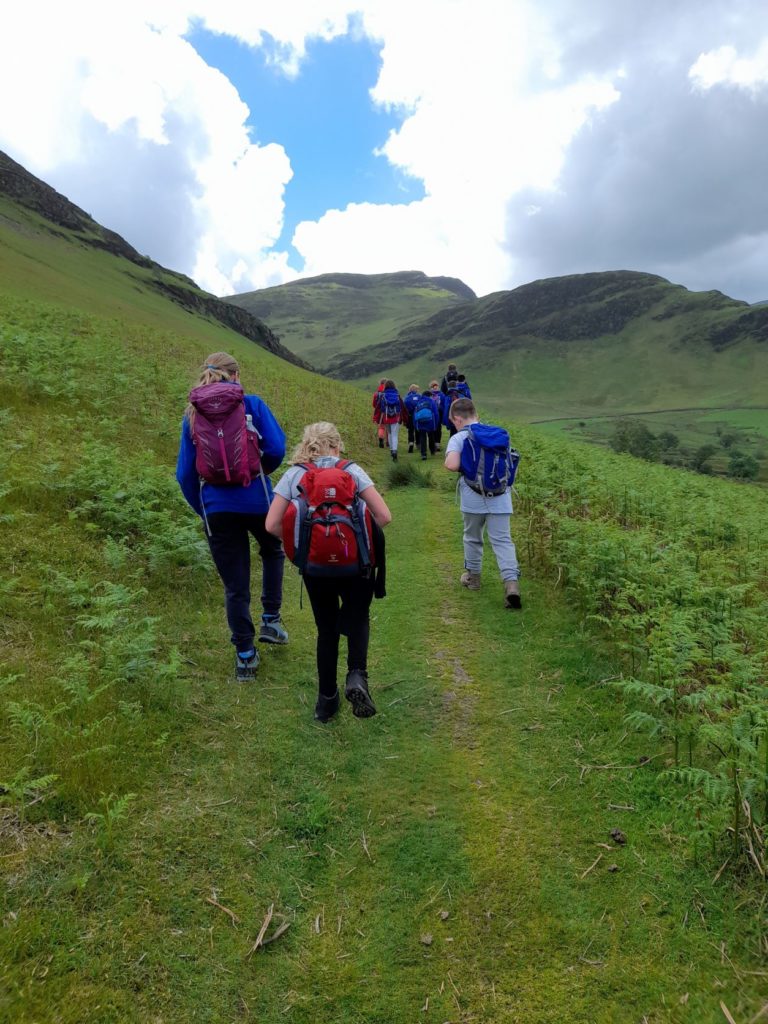

 015242 71334
015242 71334 admin@stmarys-kl.cumbria.sch.uk
admin@stmarys-kl.cumbria.sch.uk

